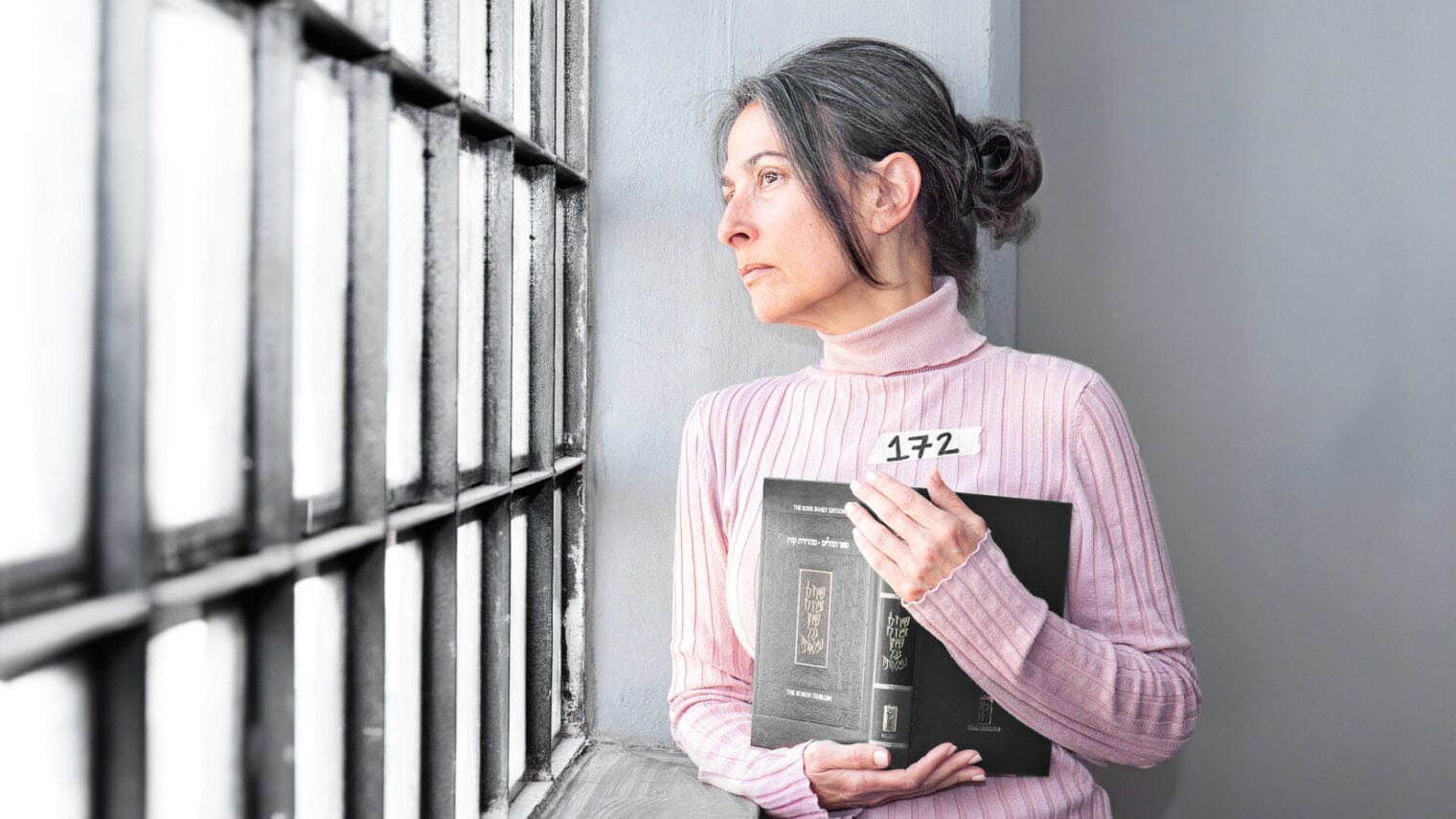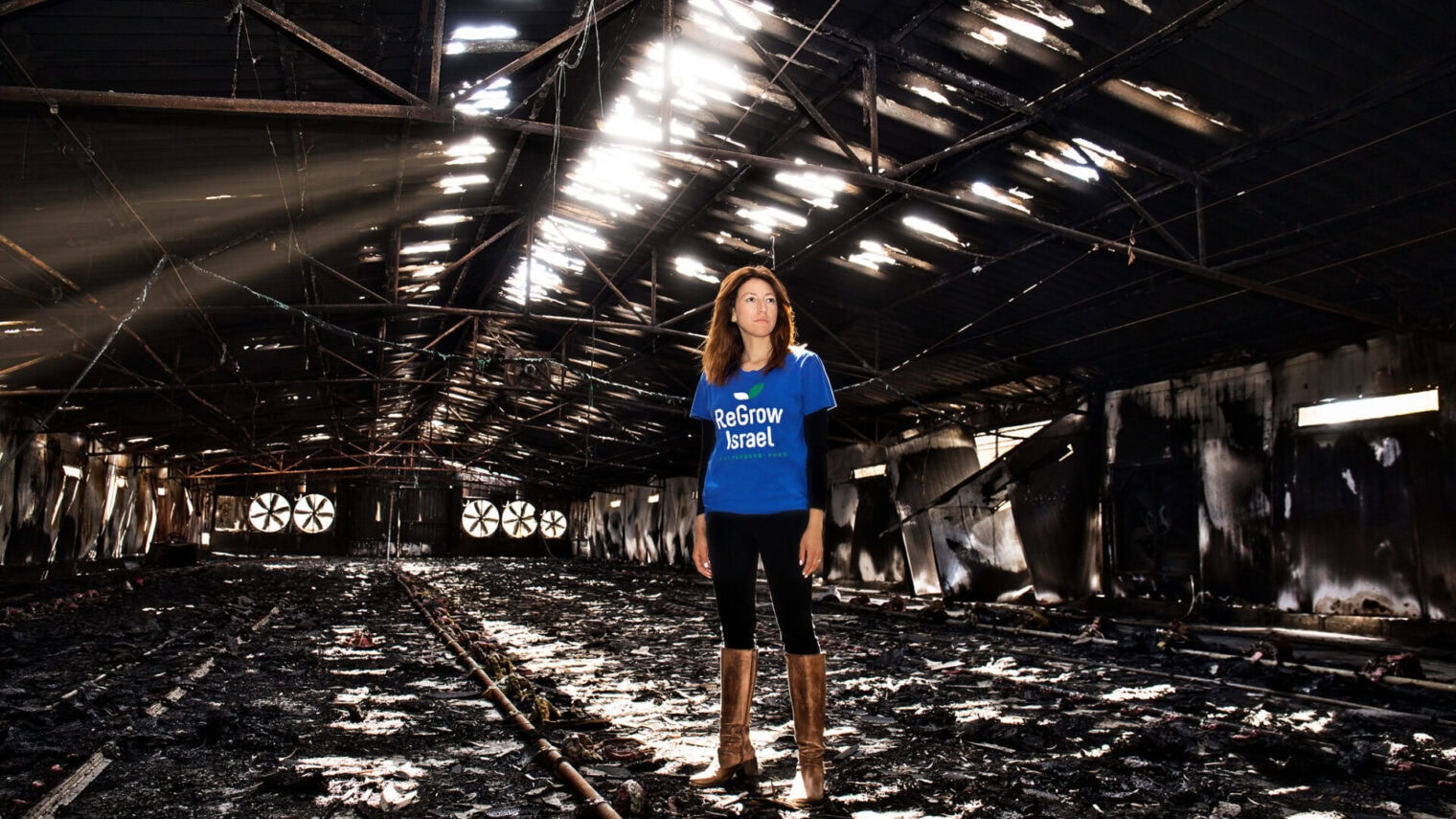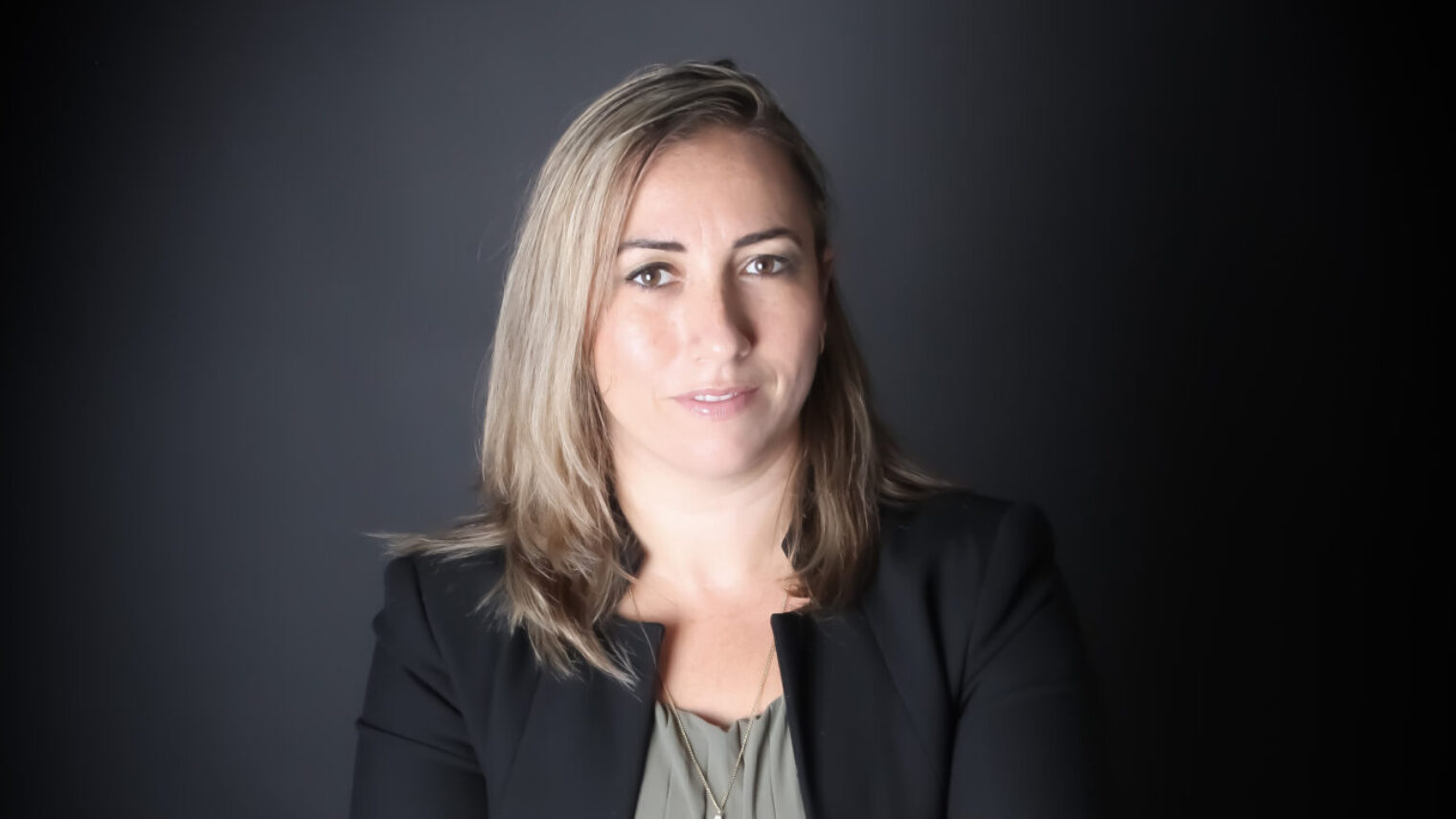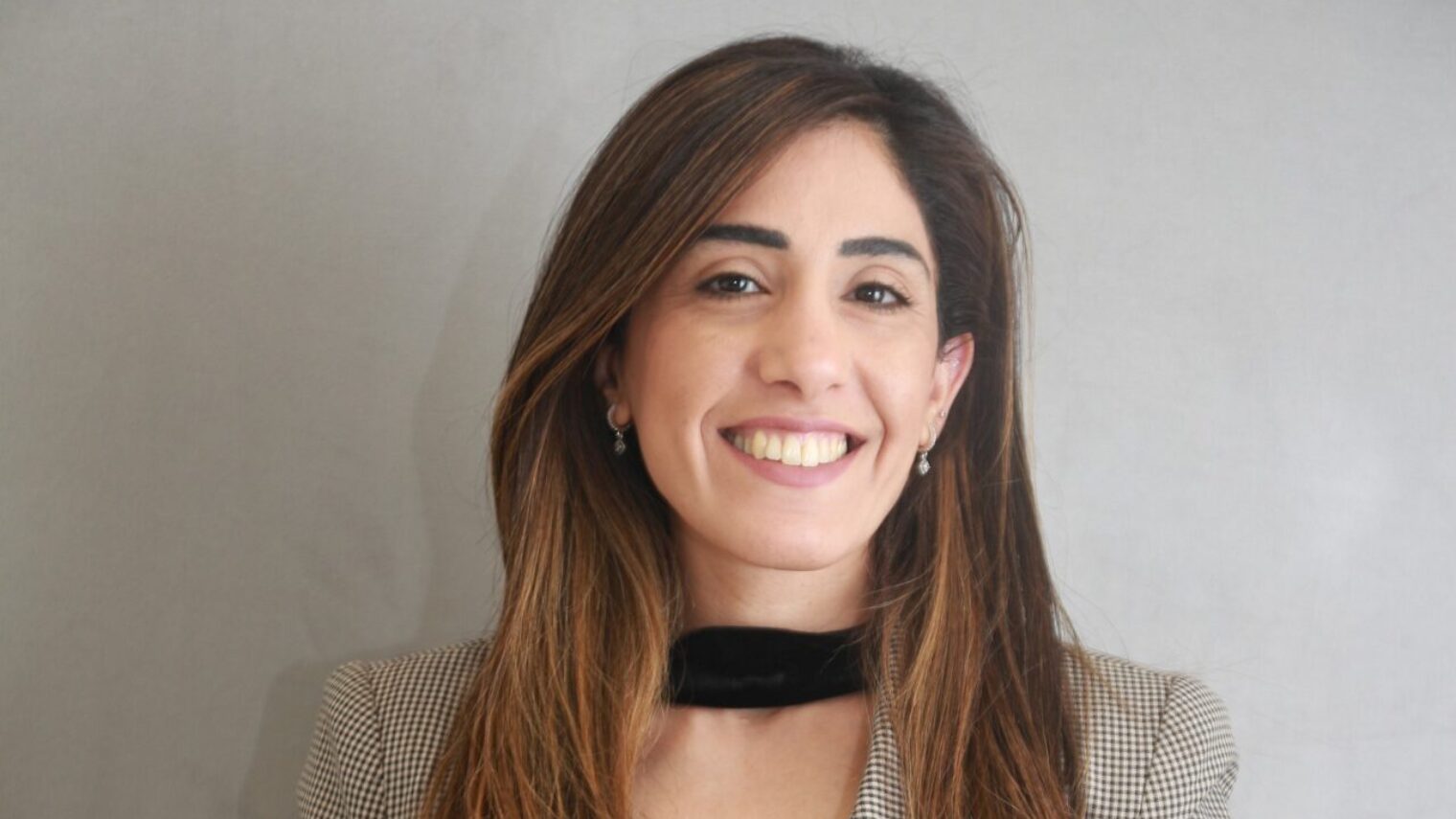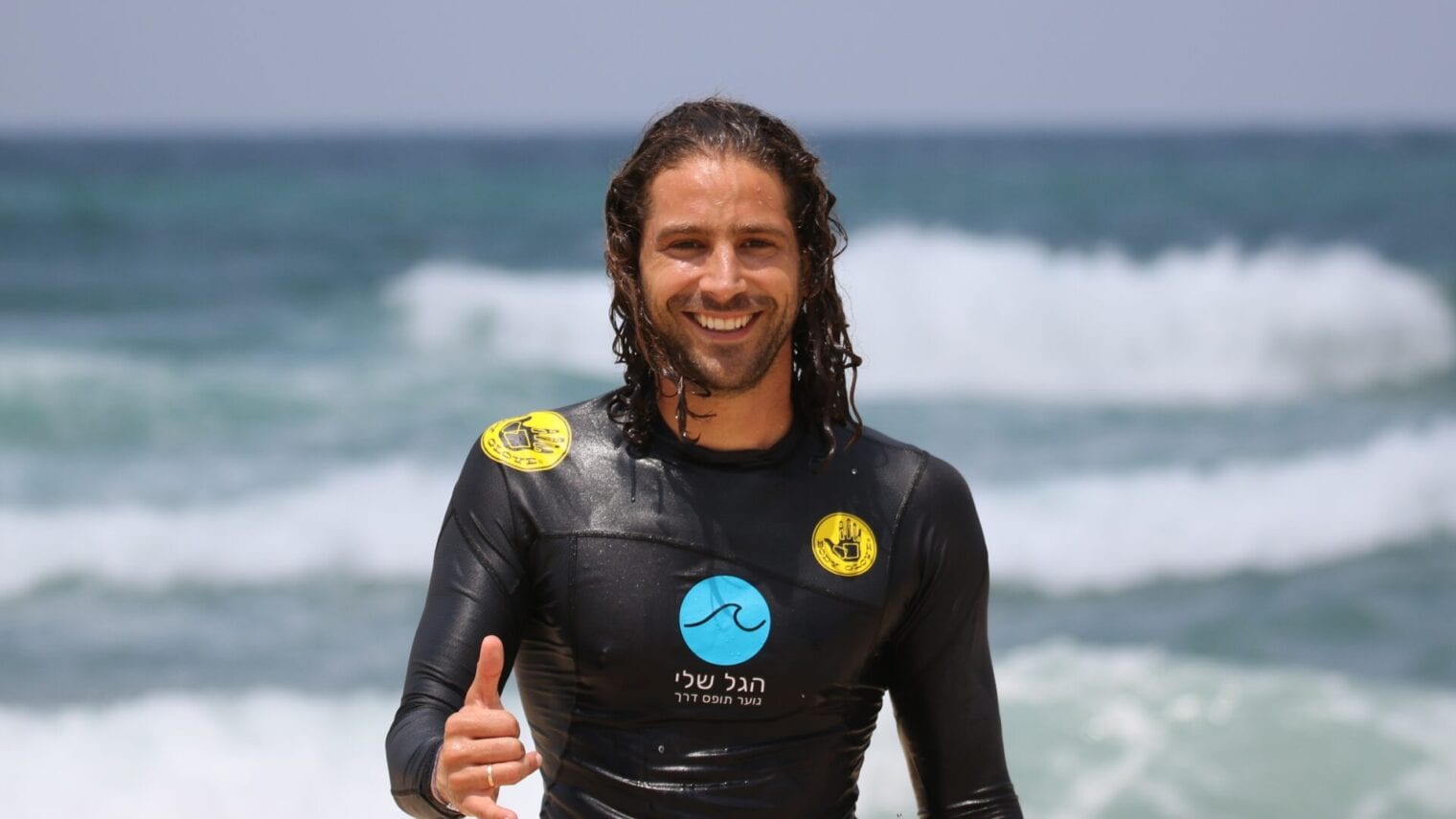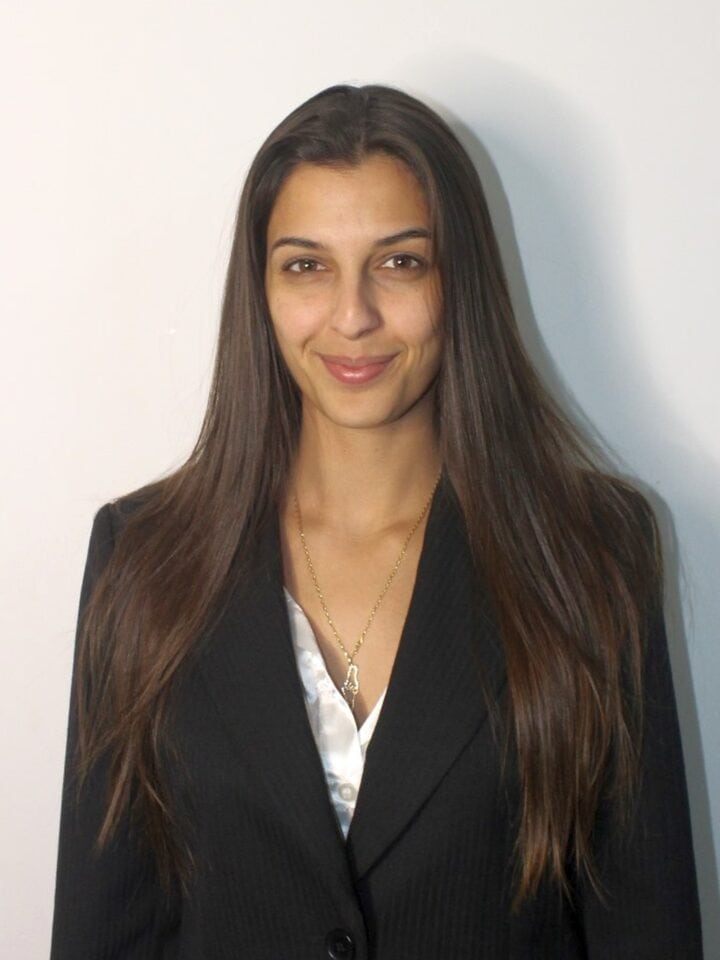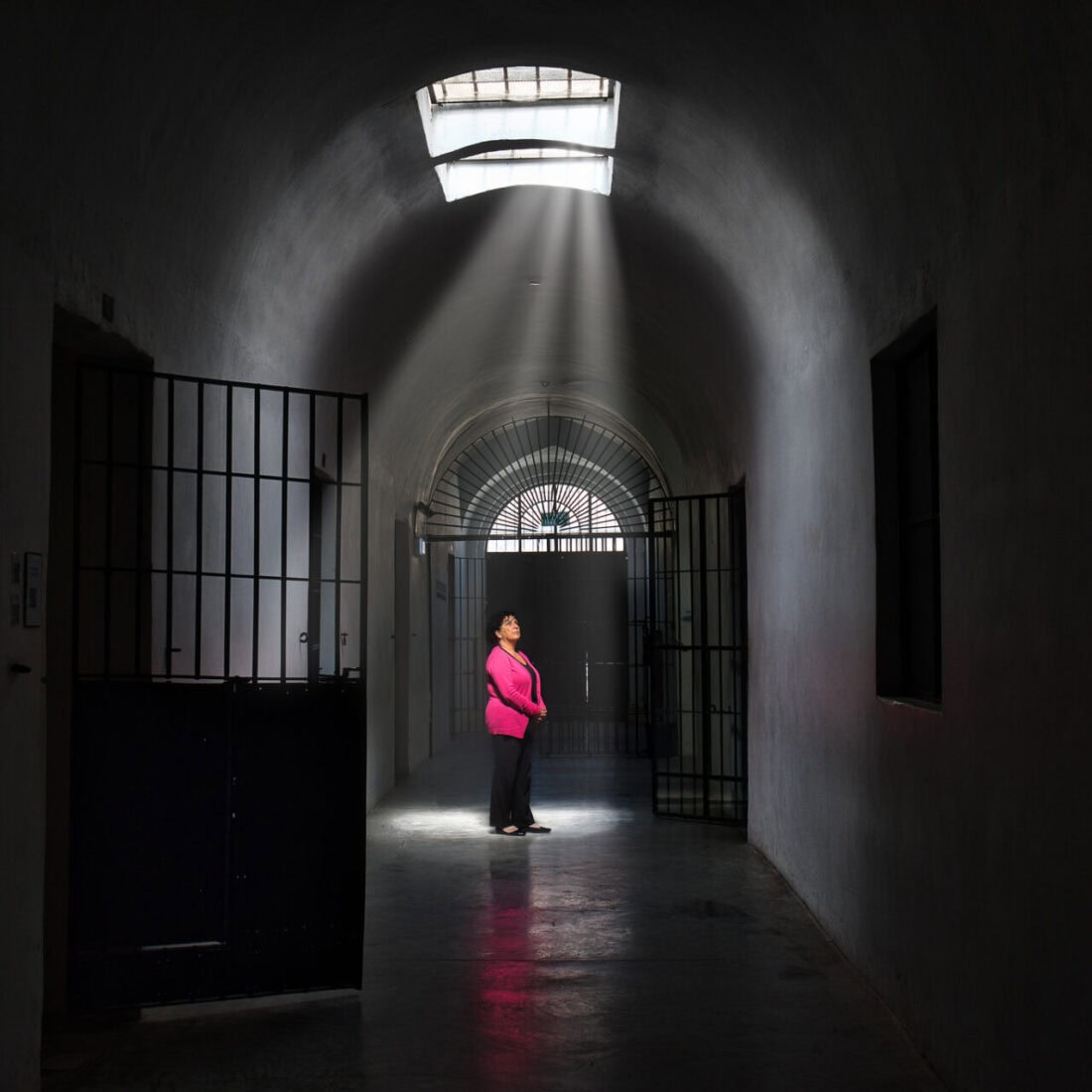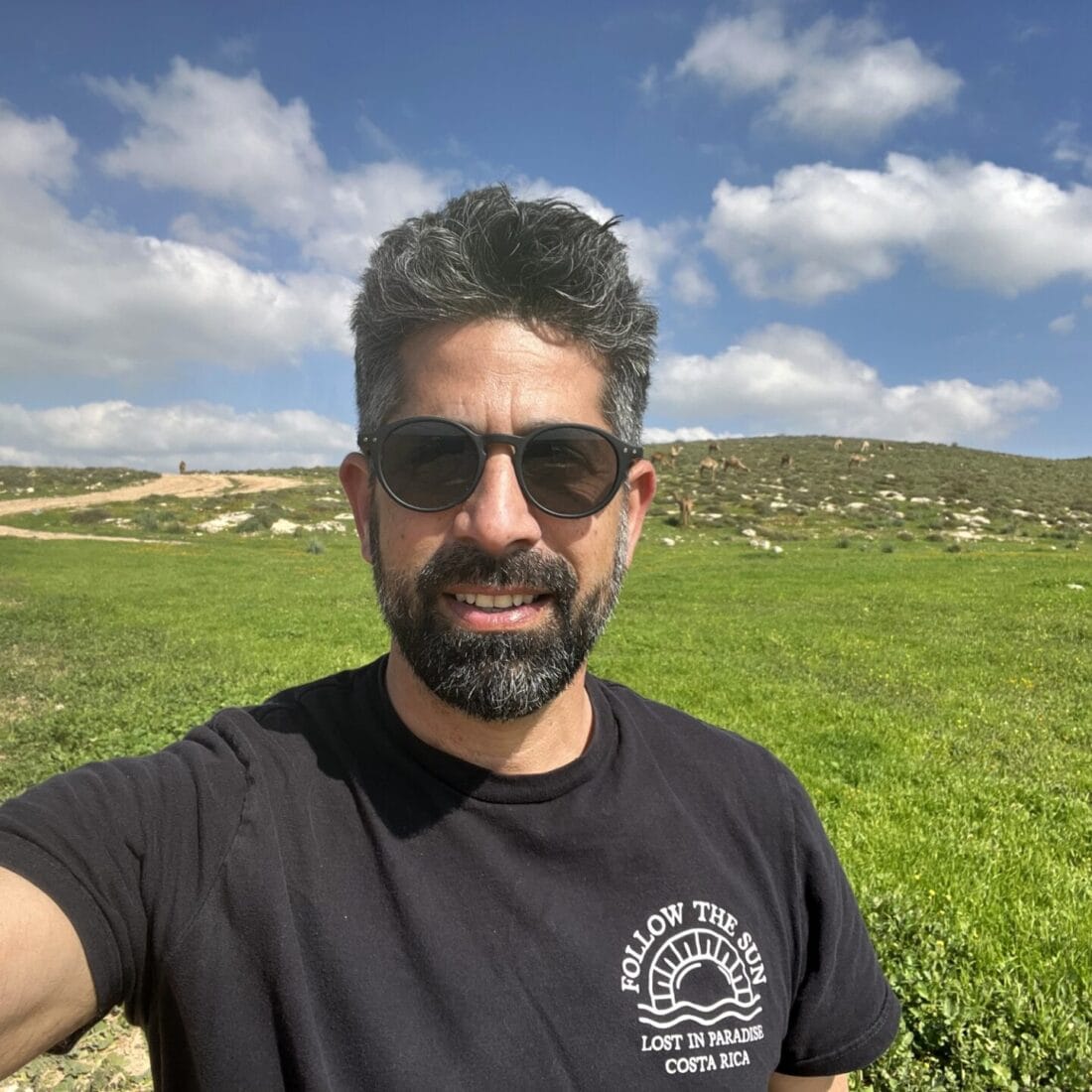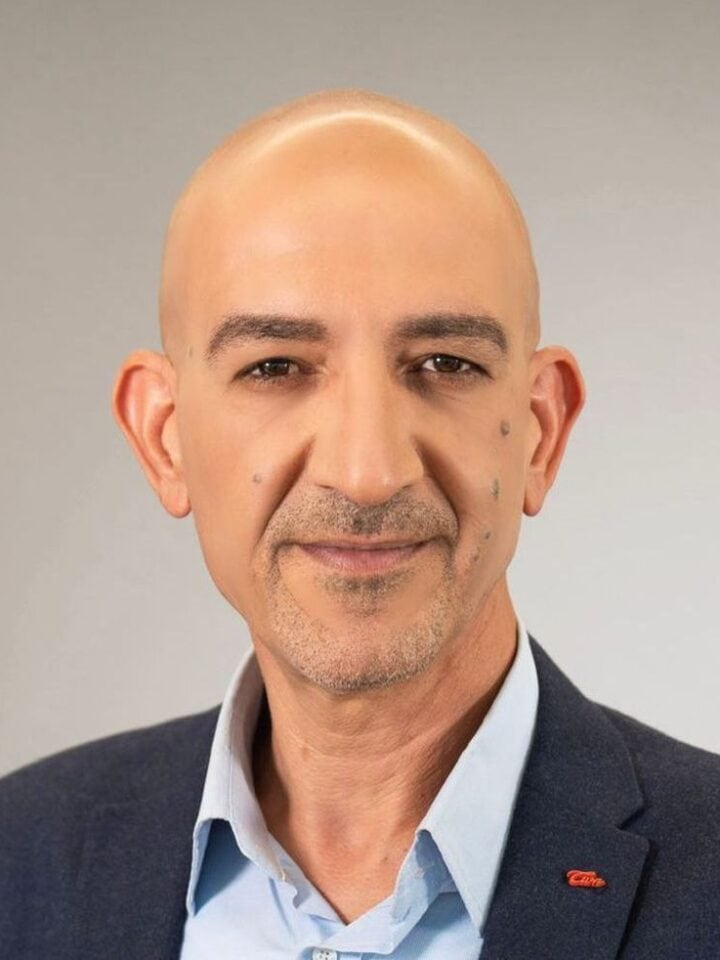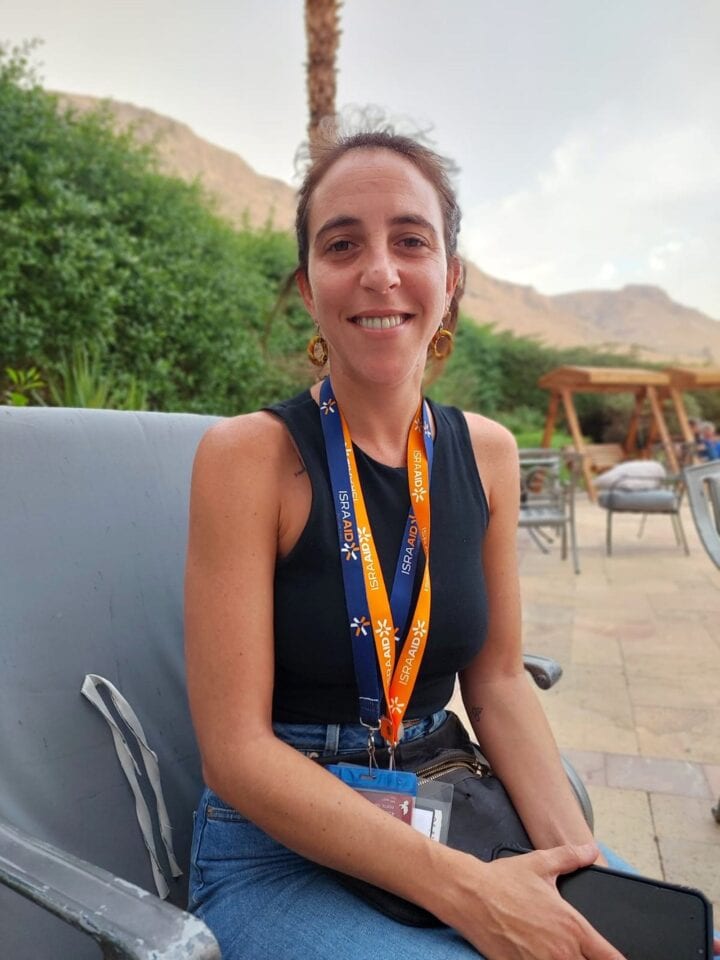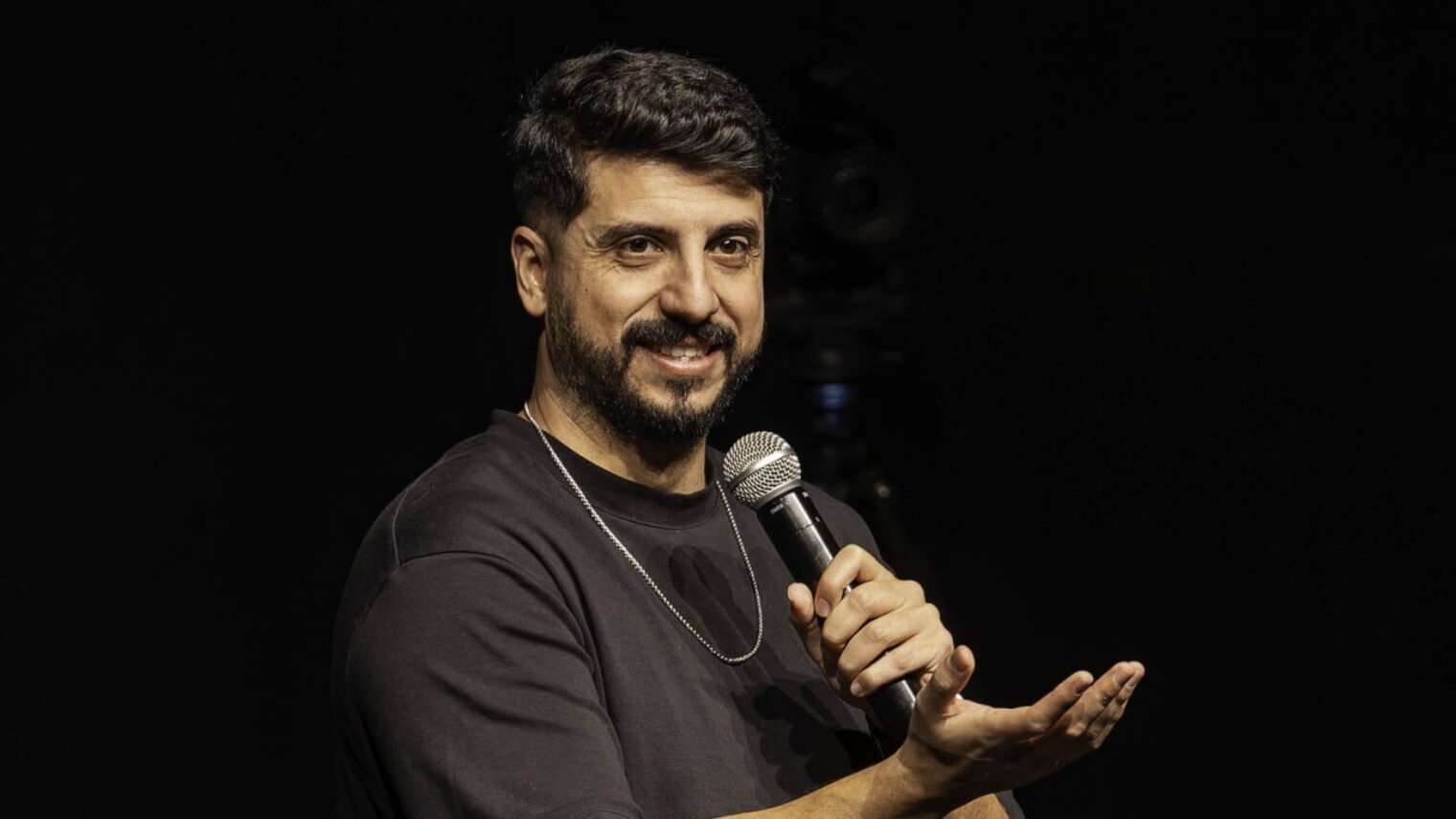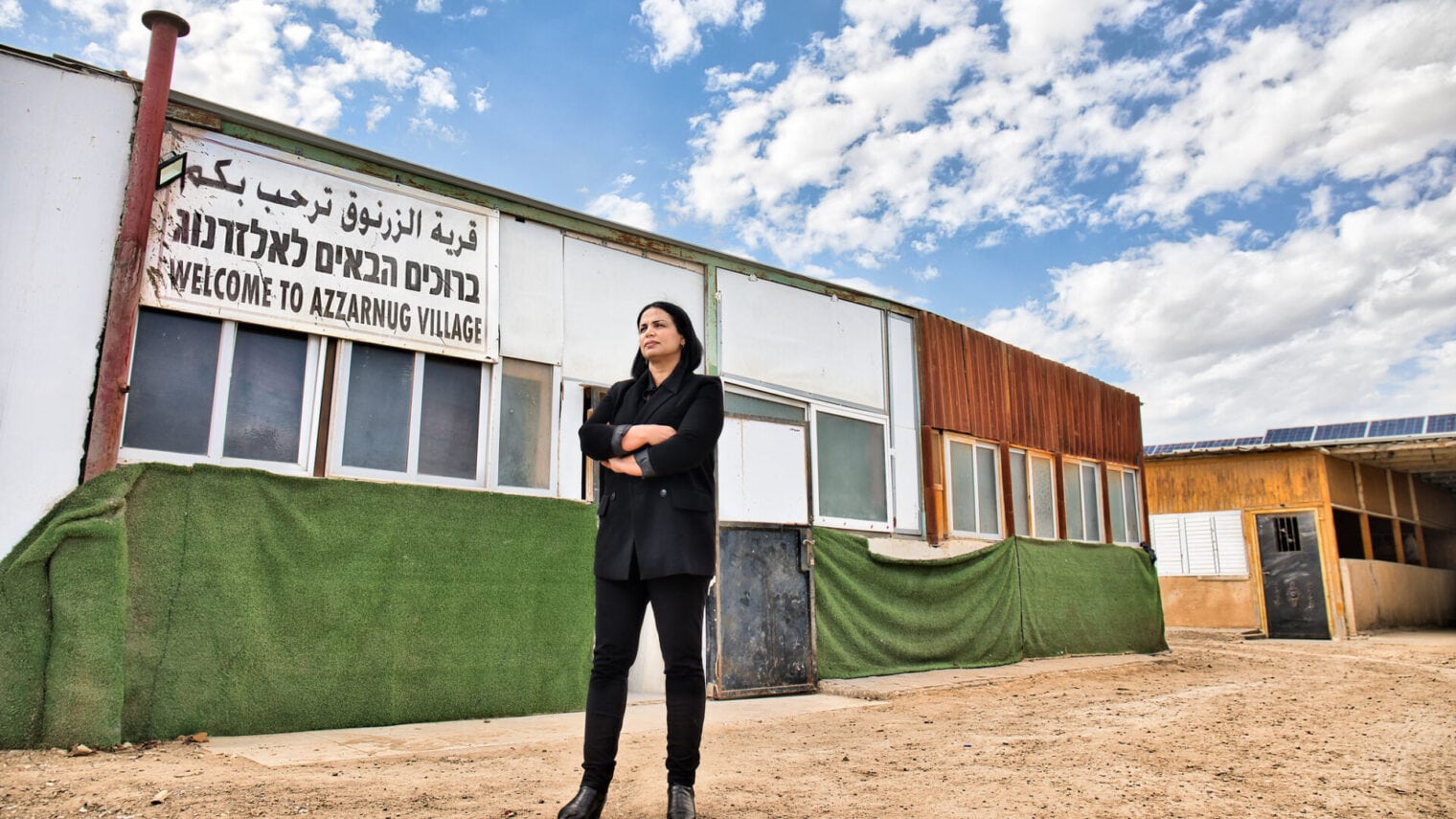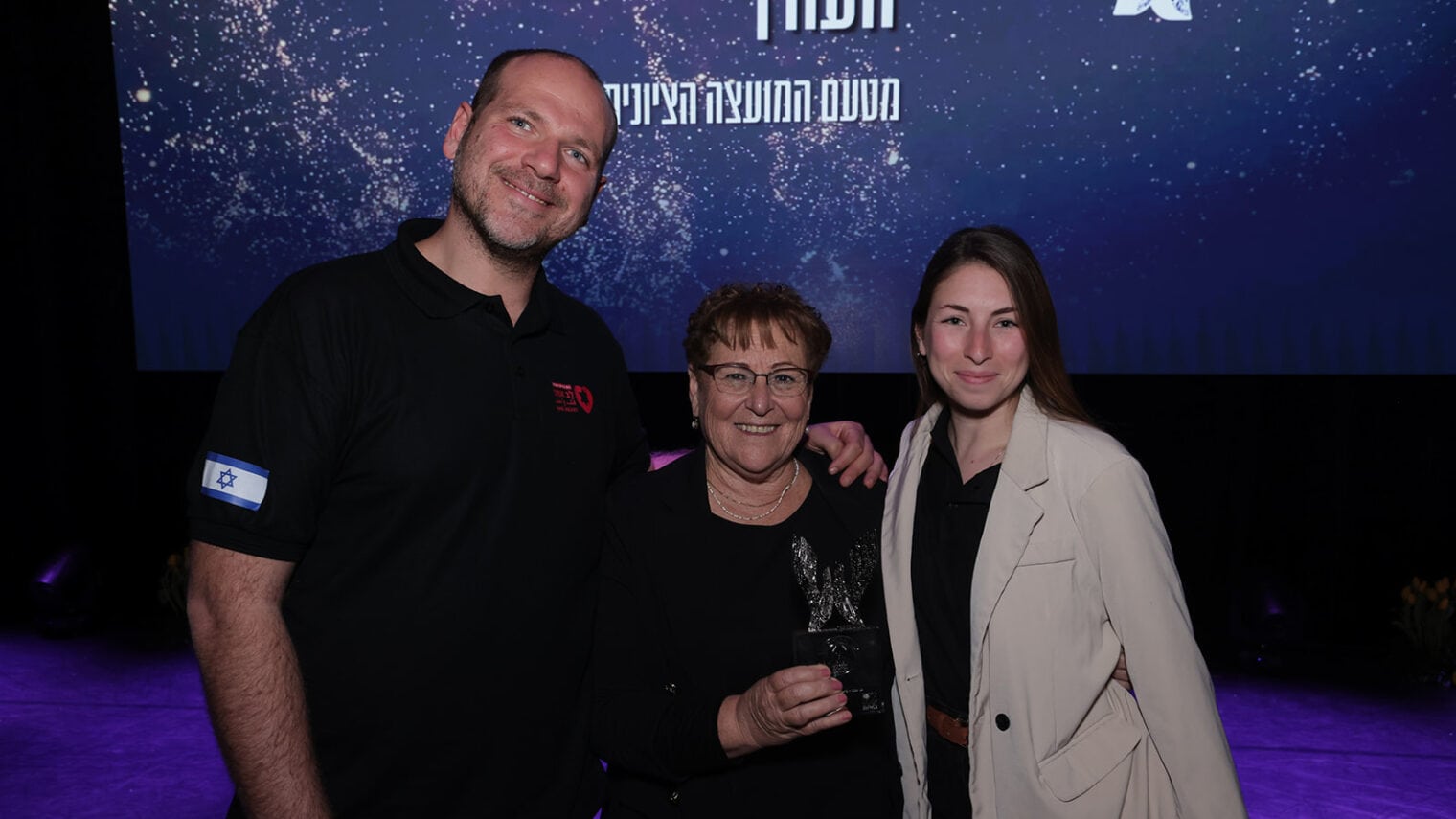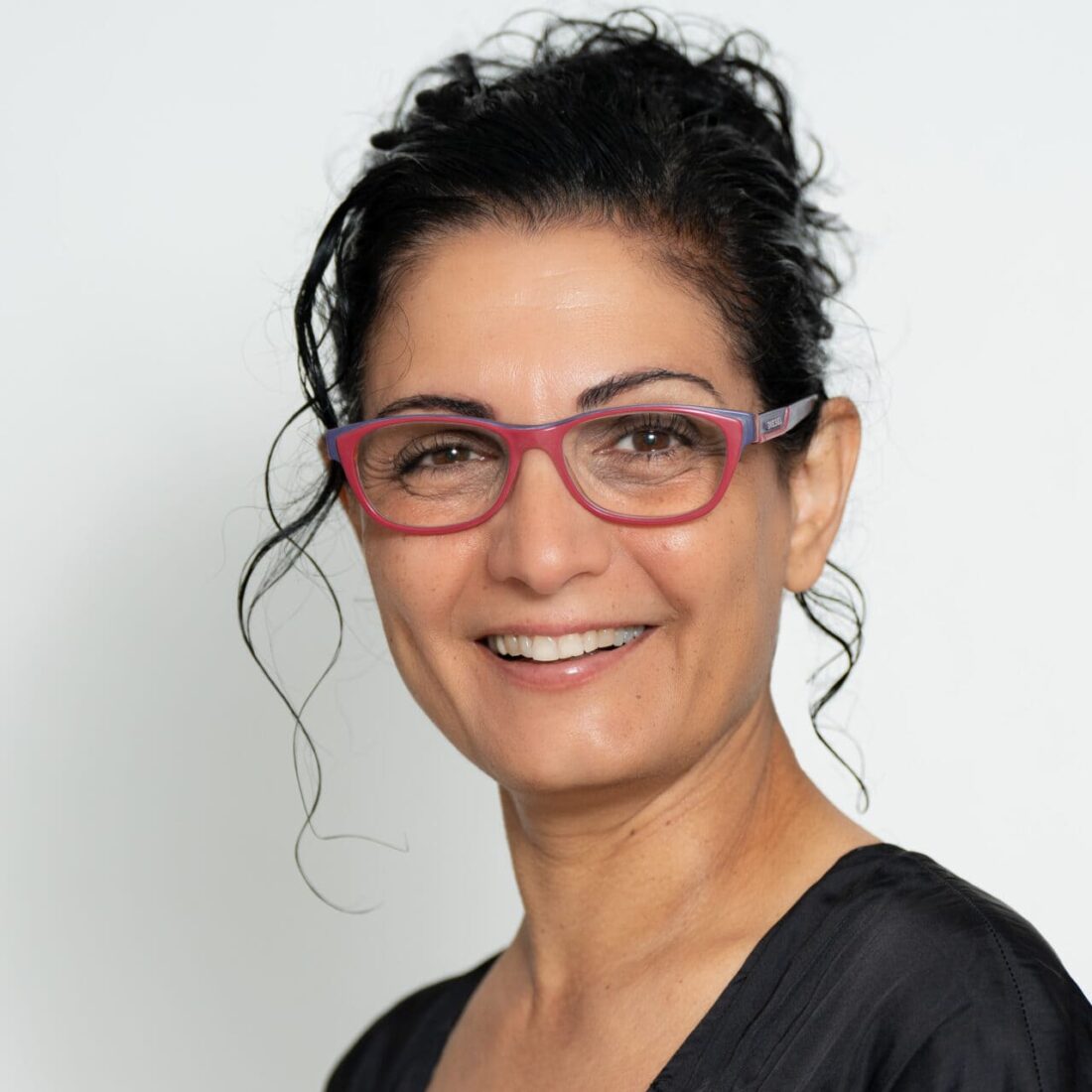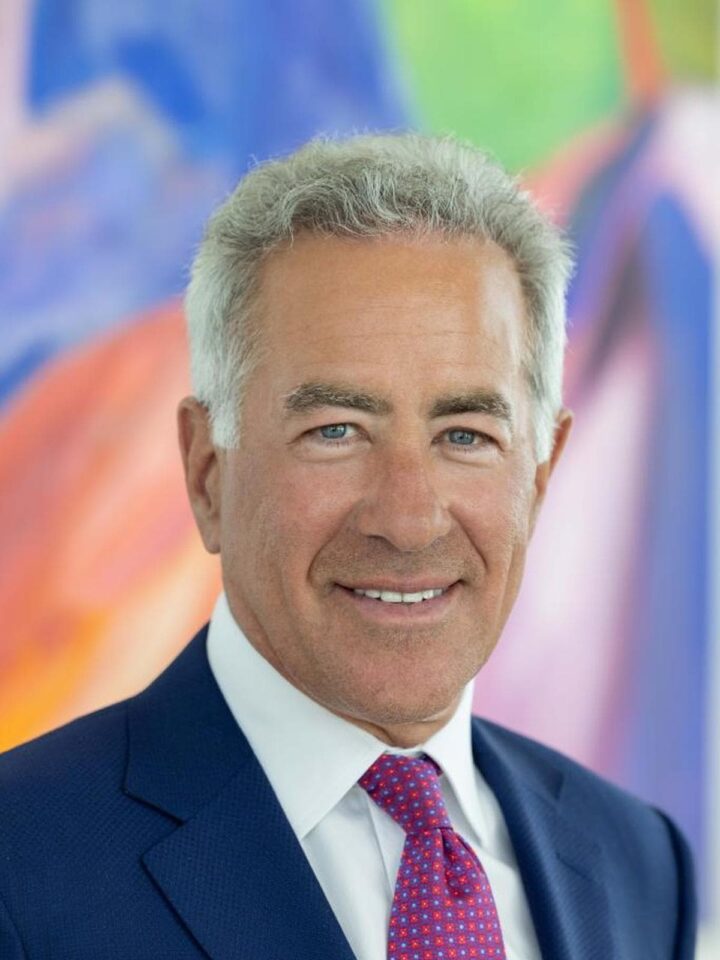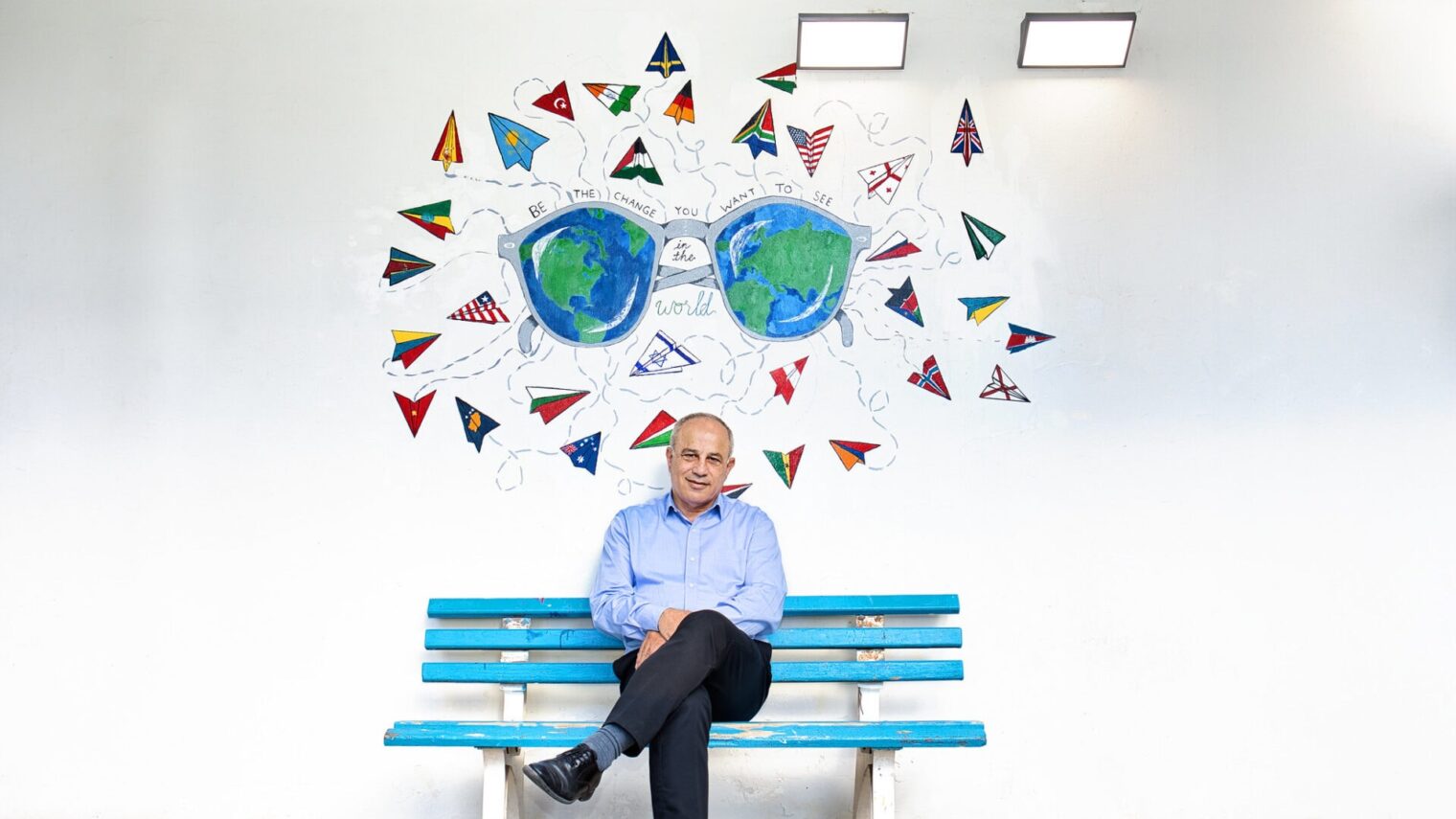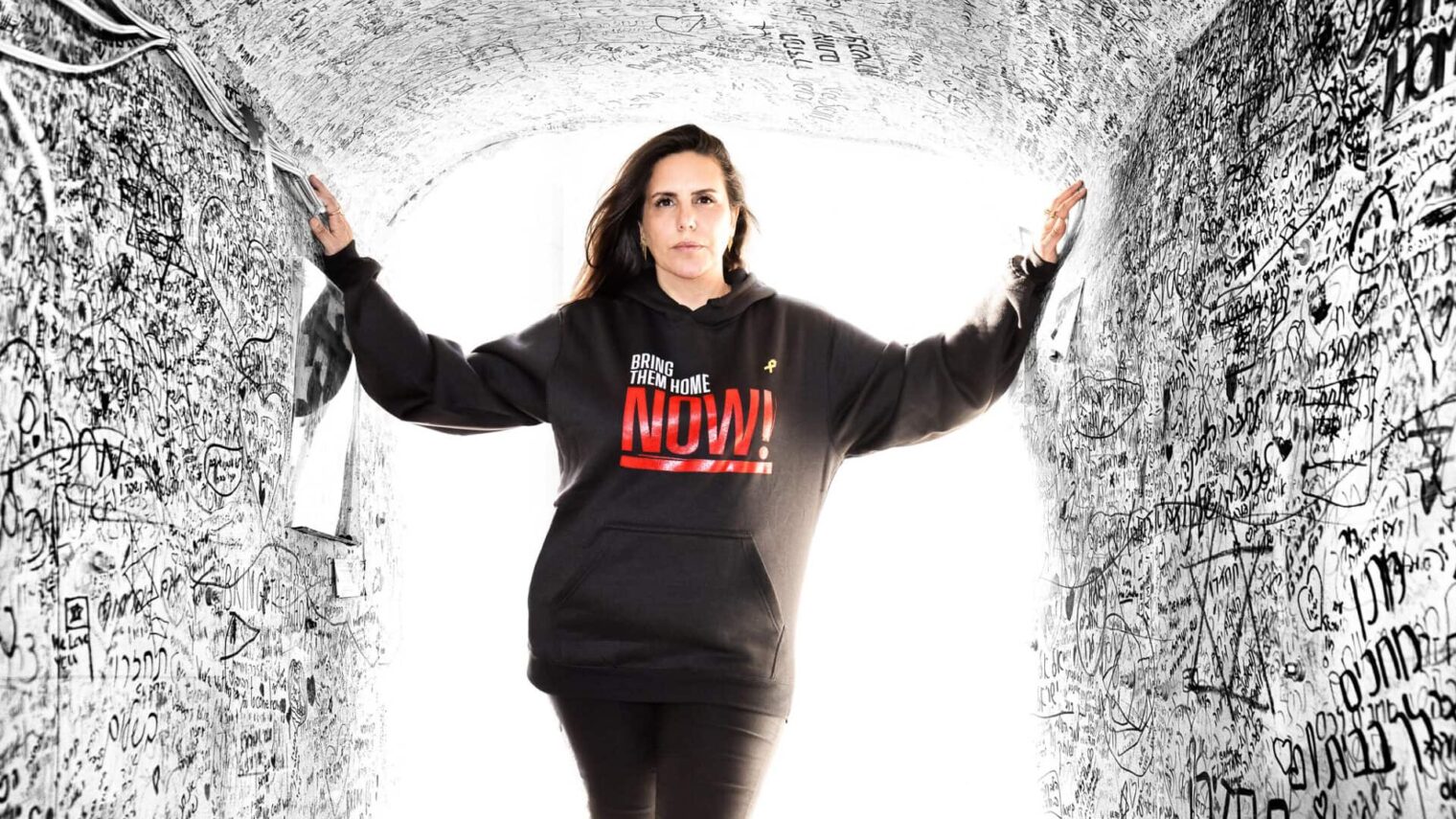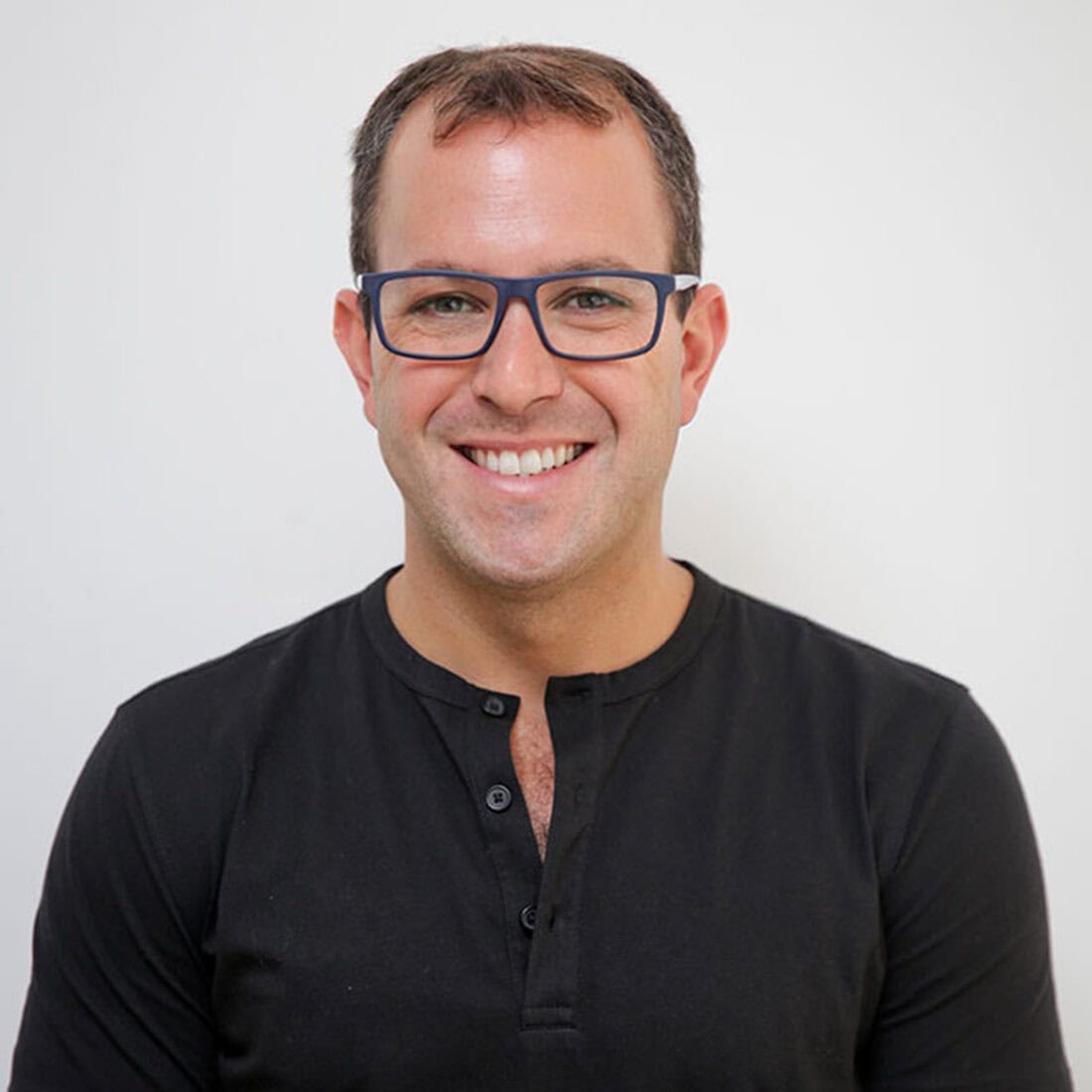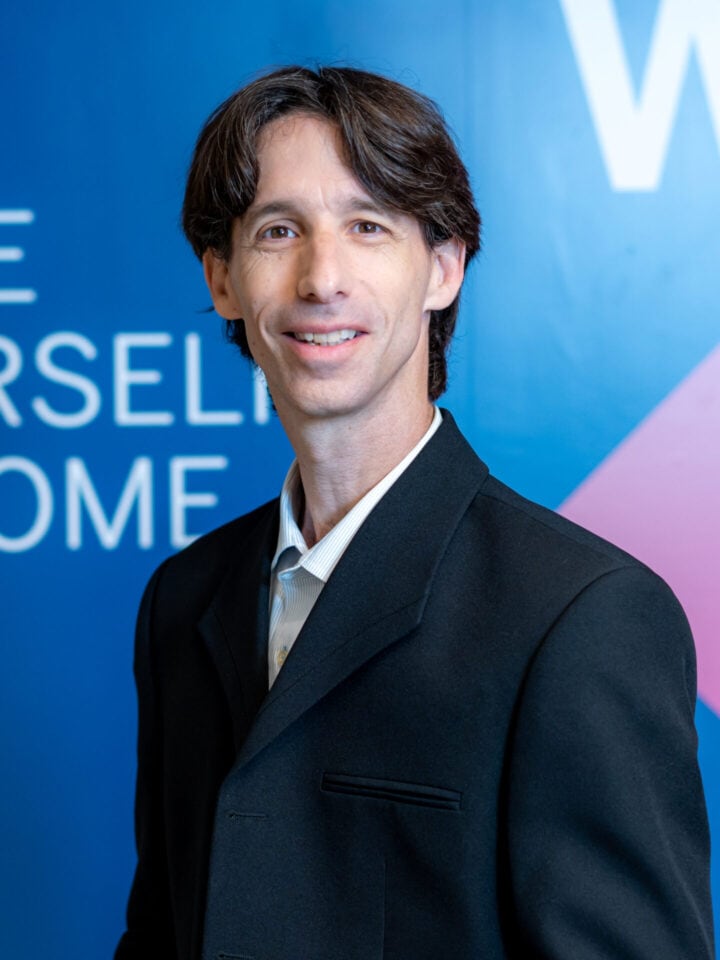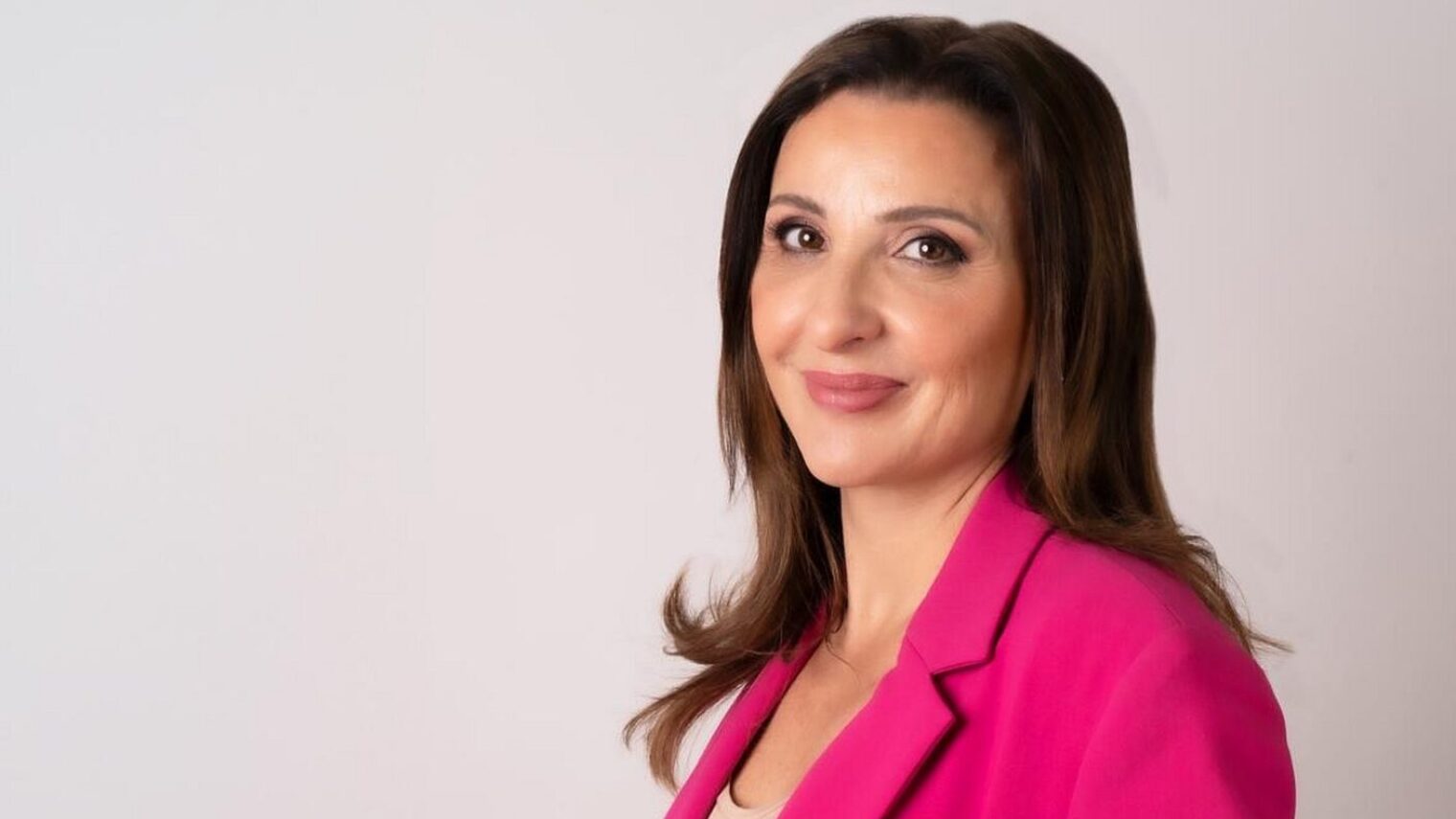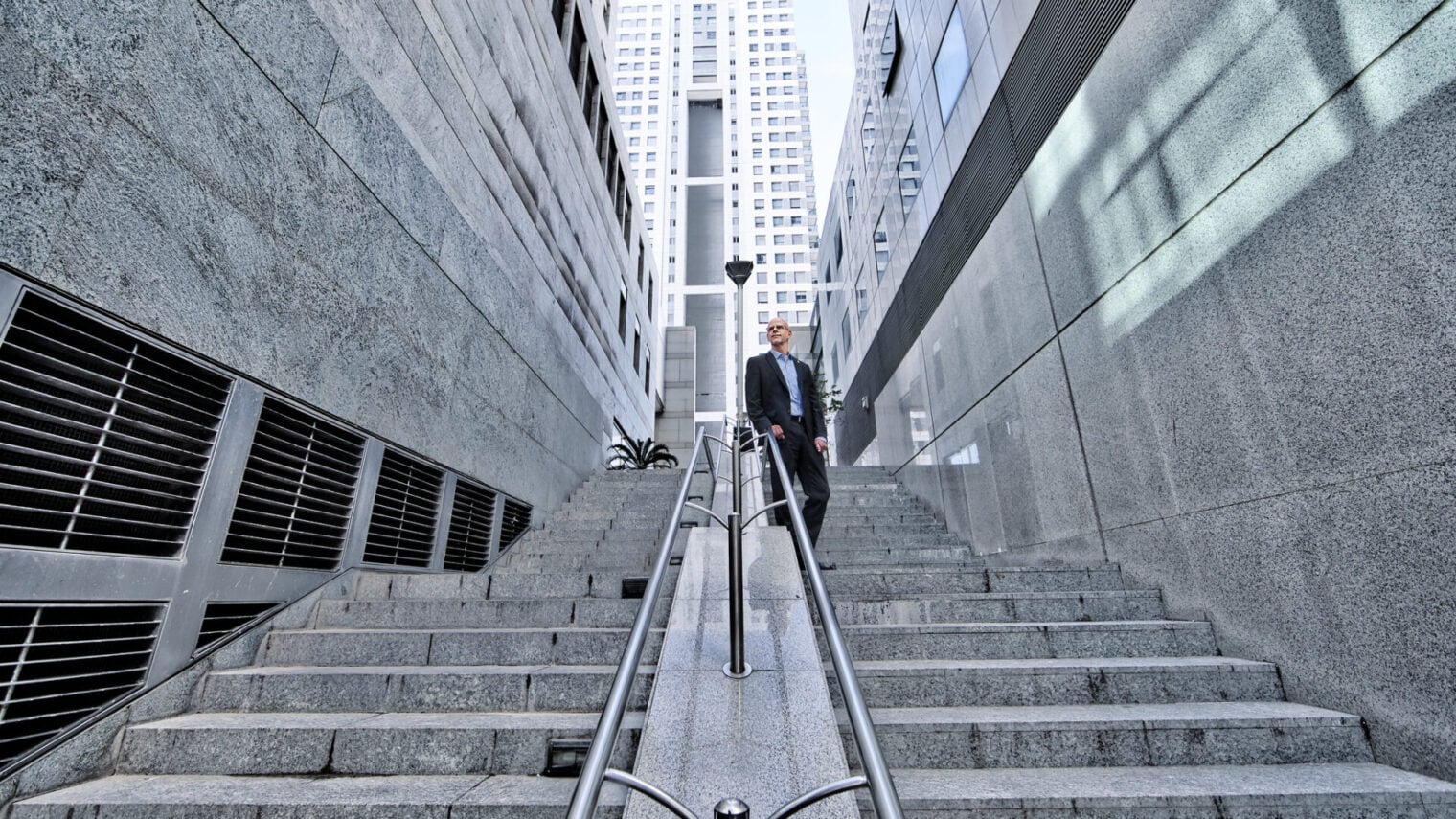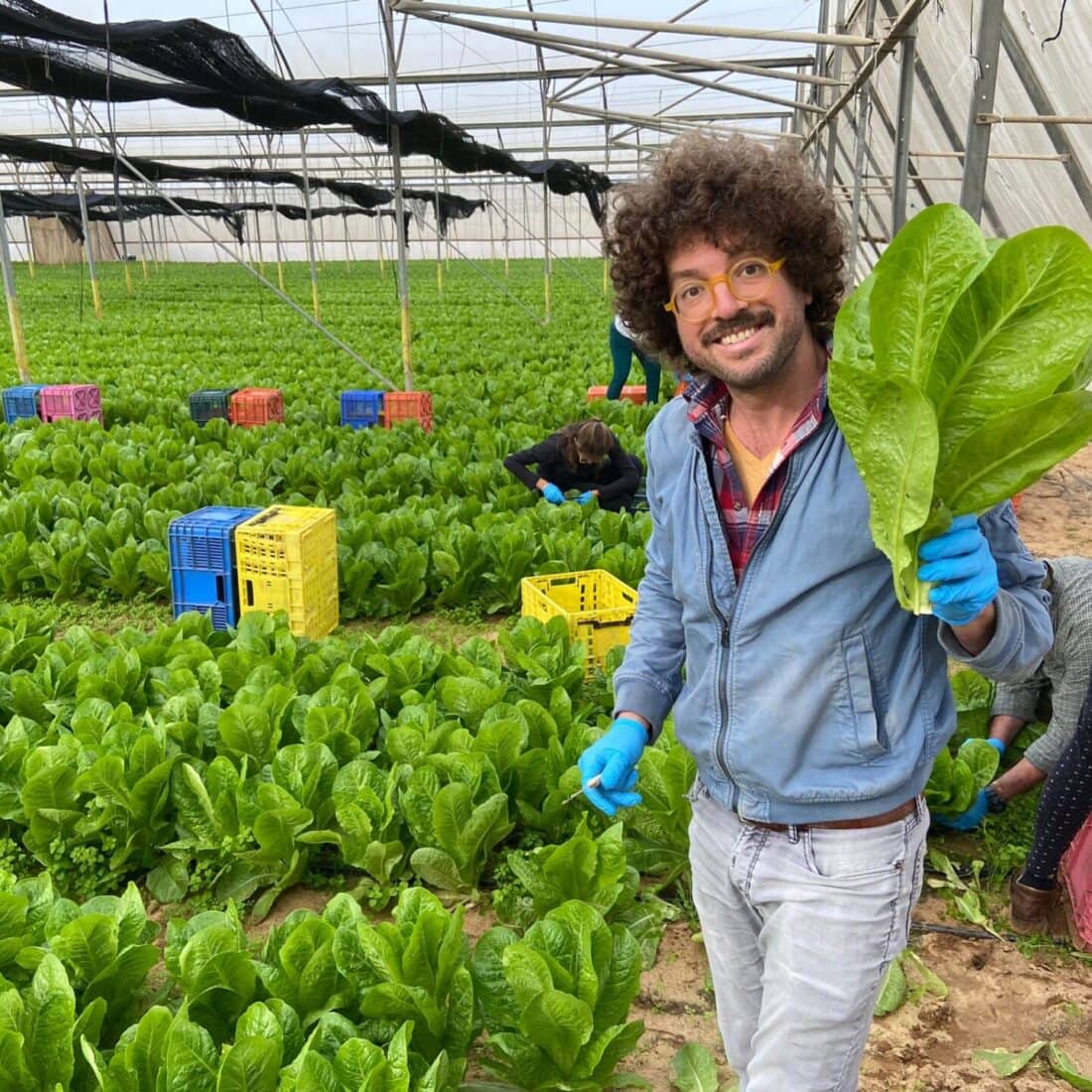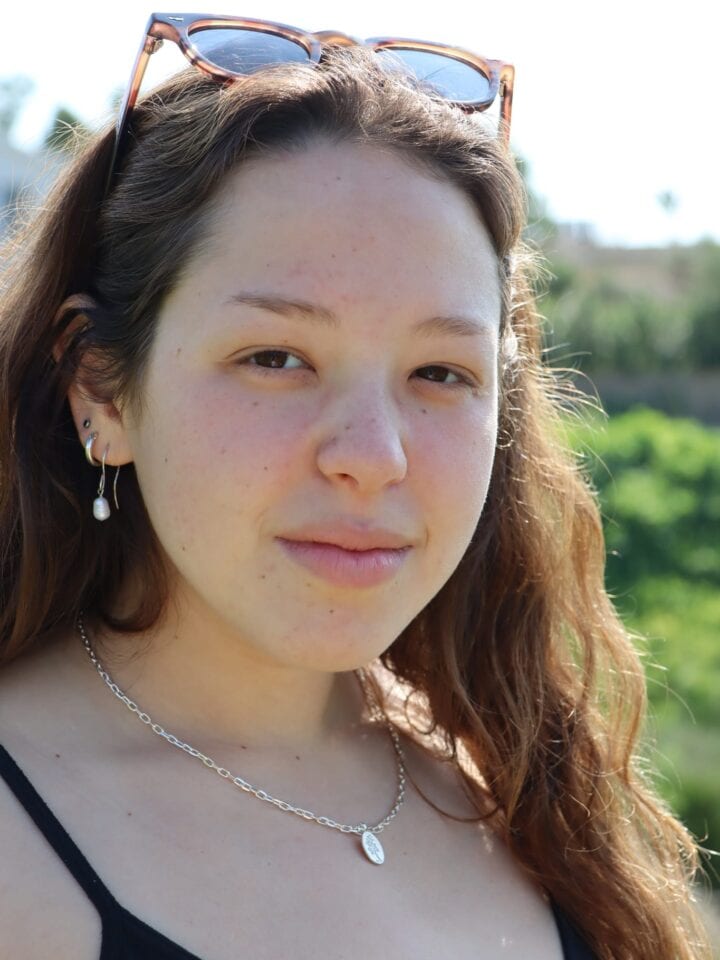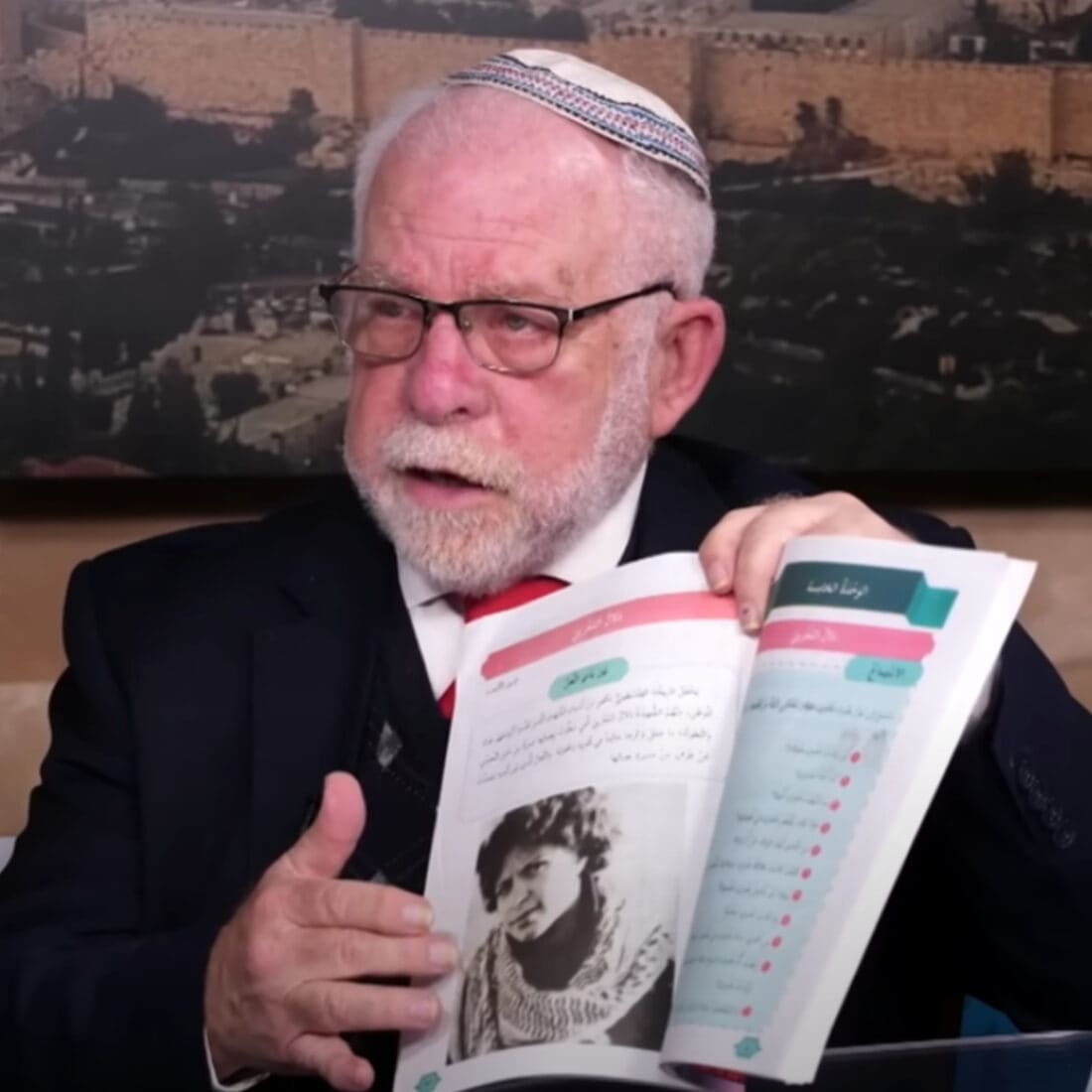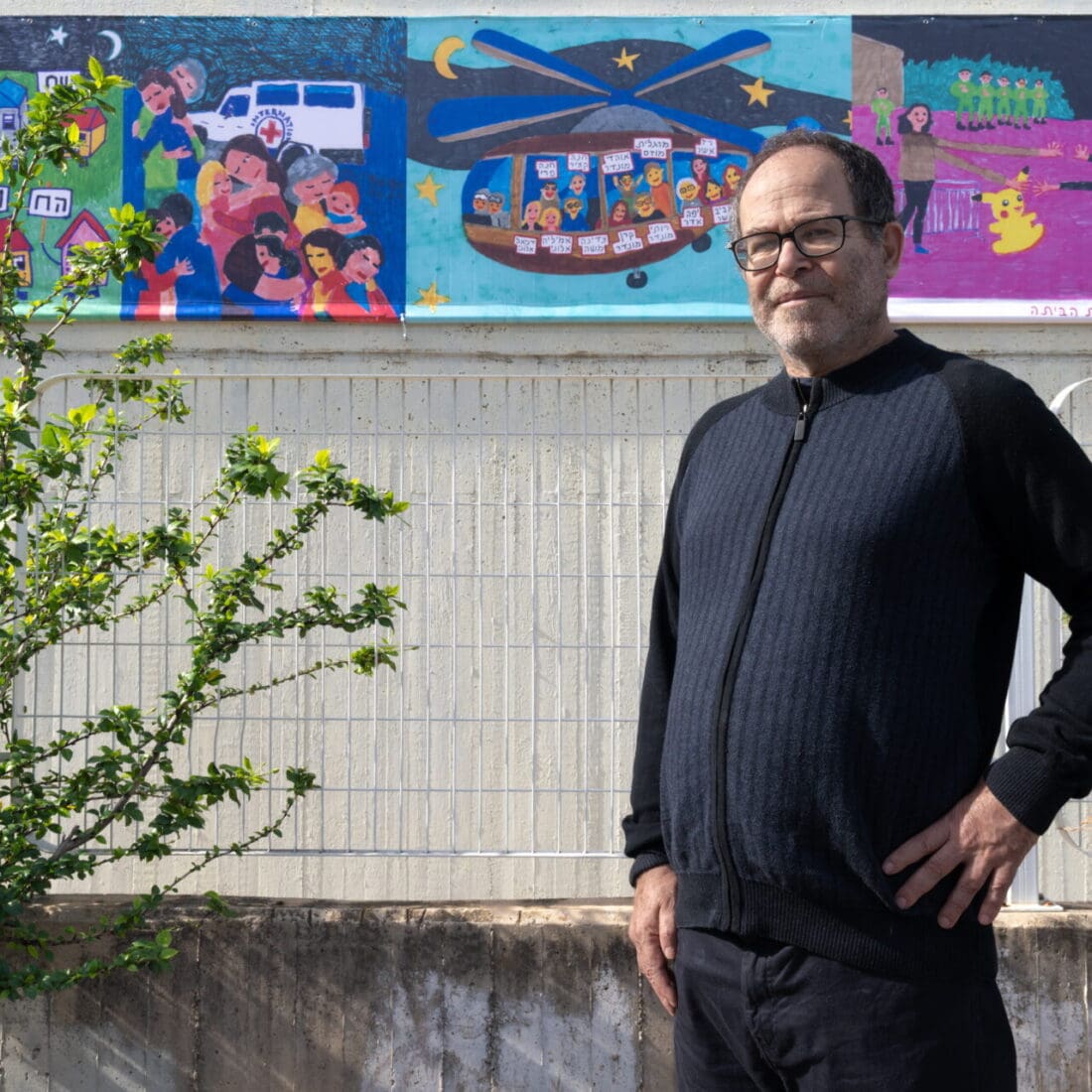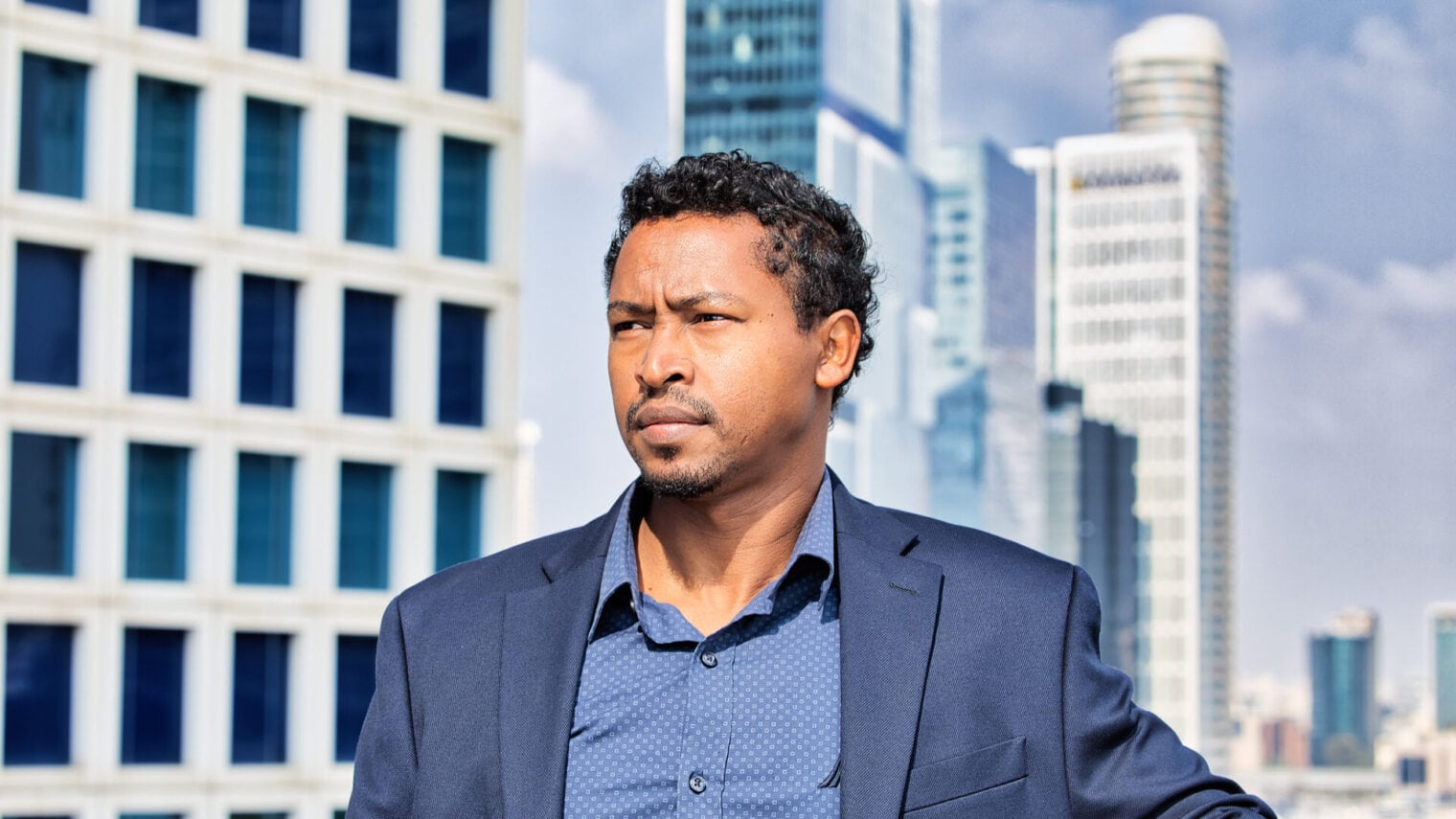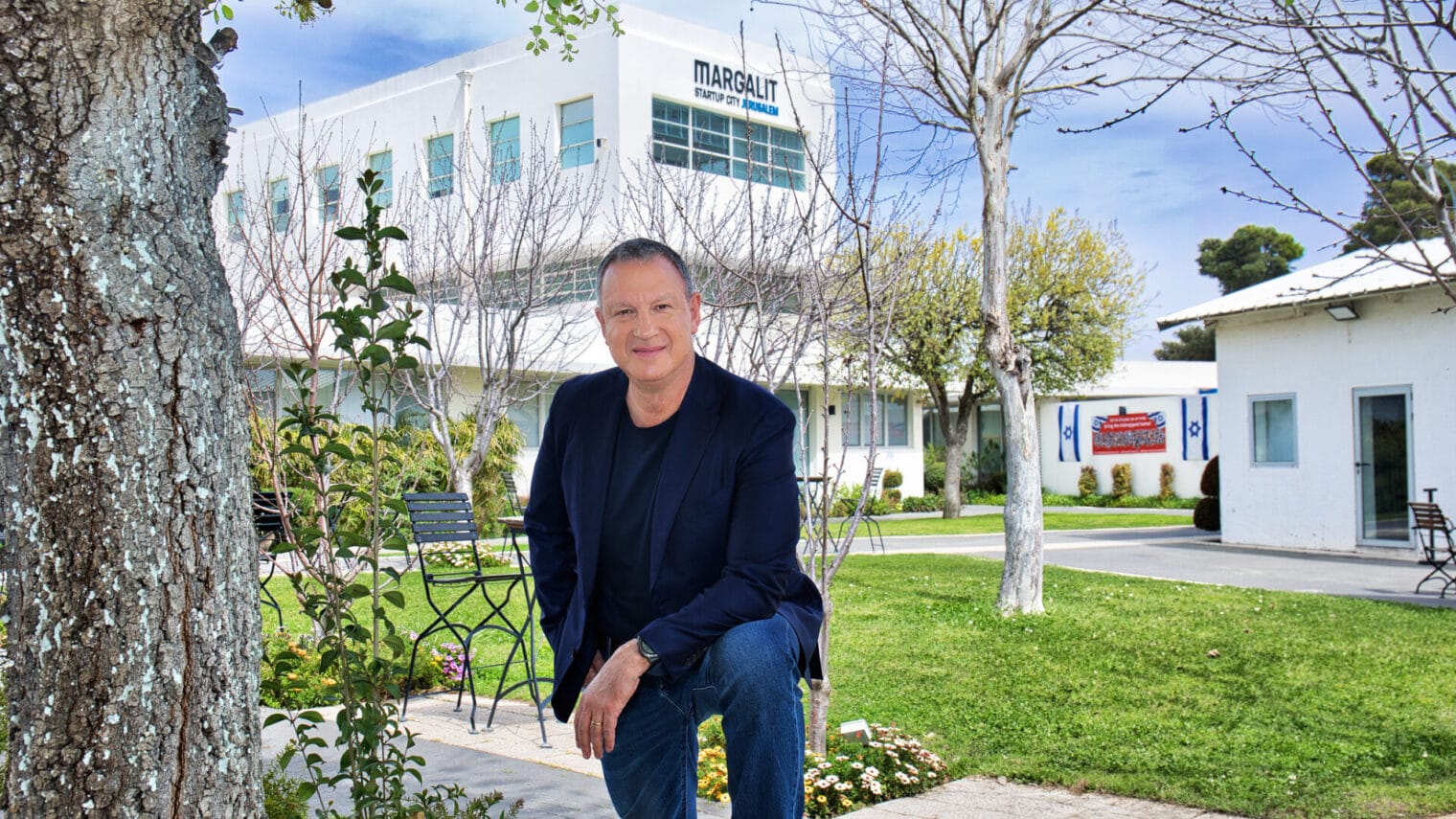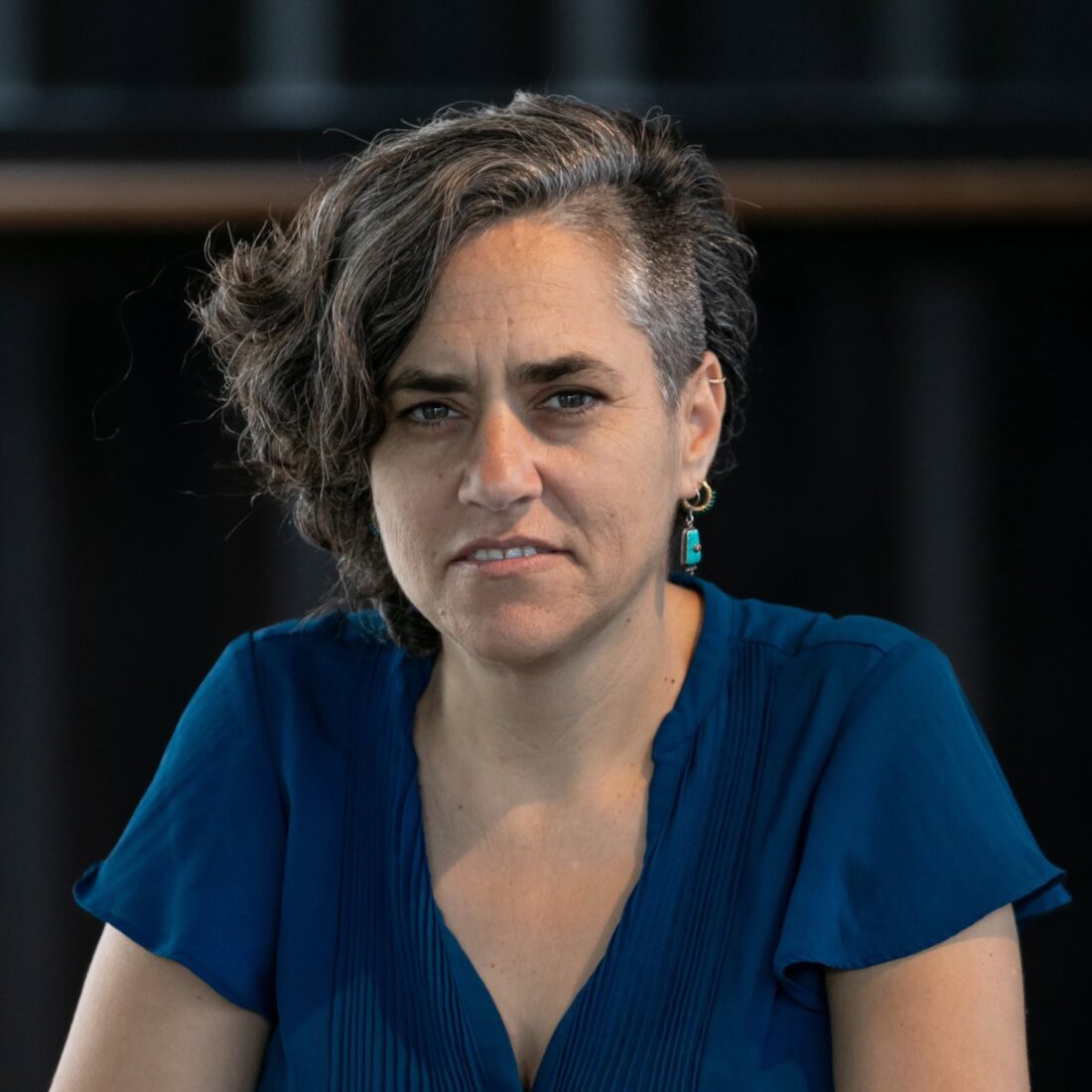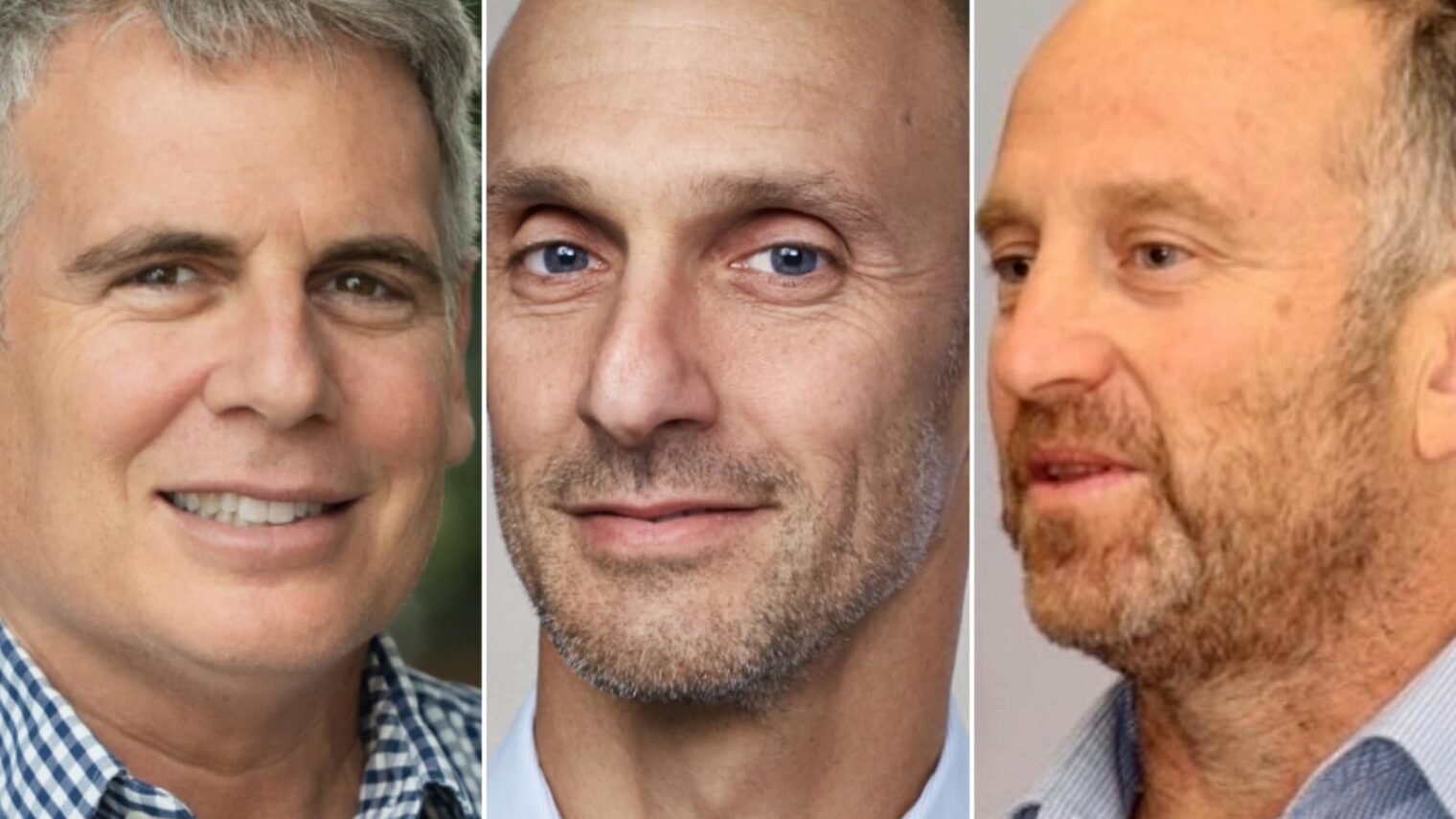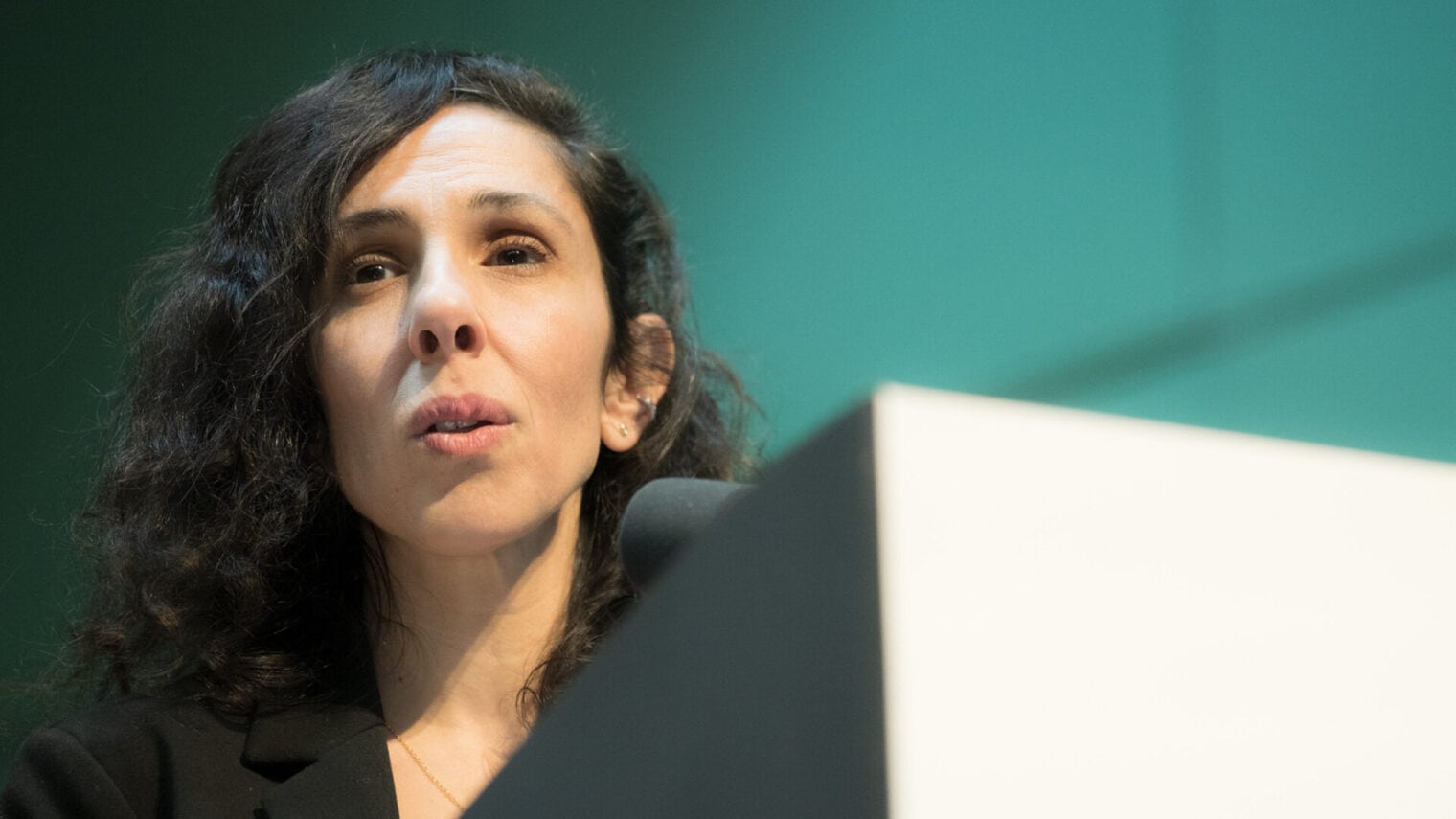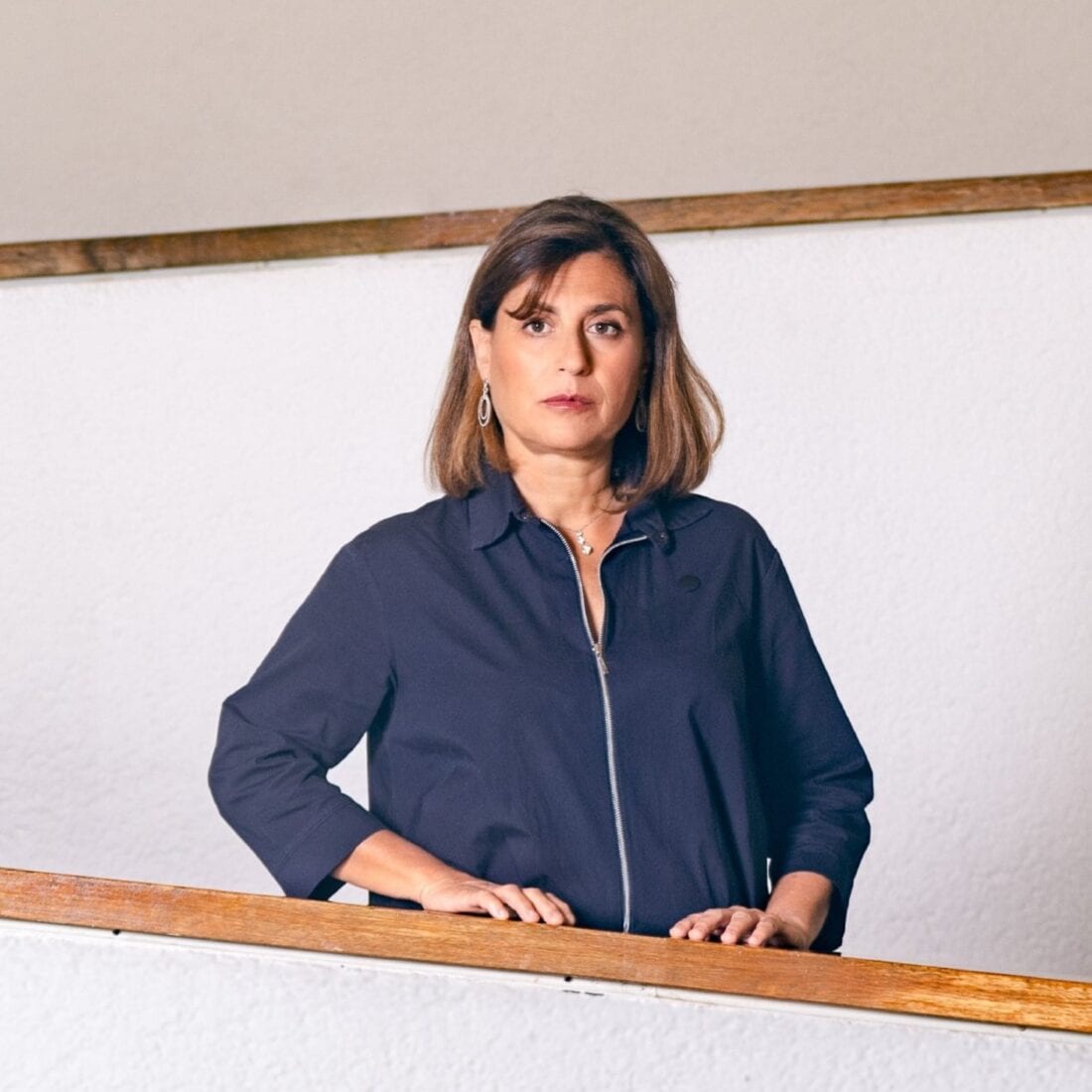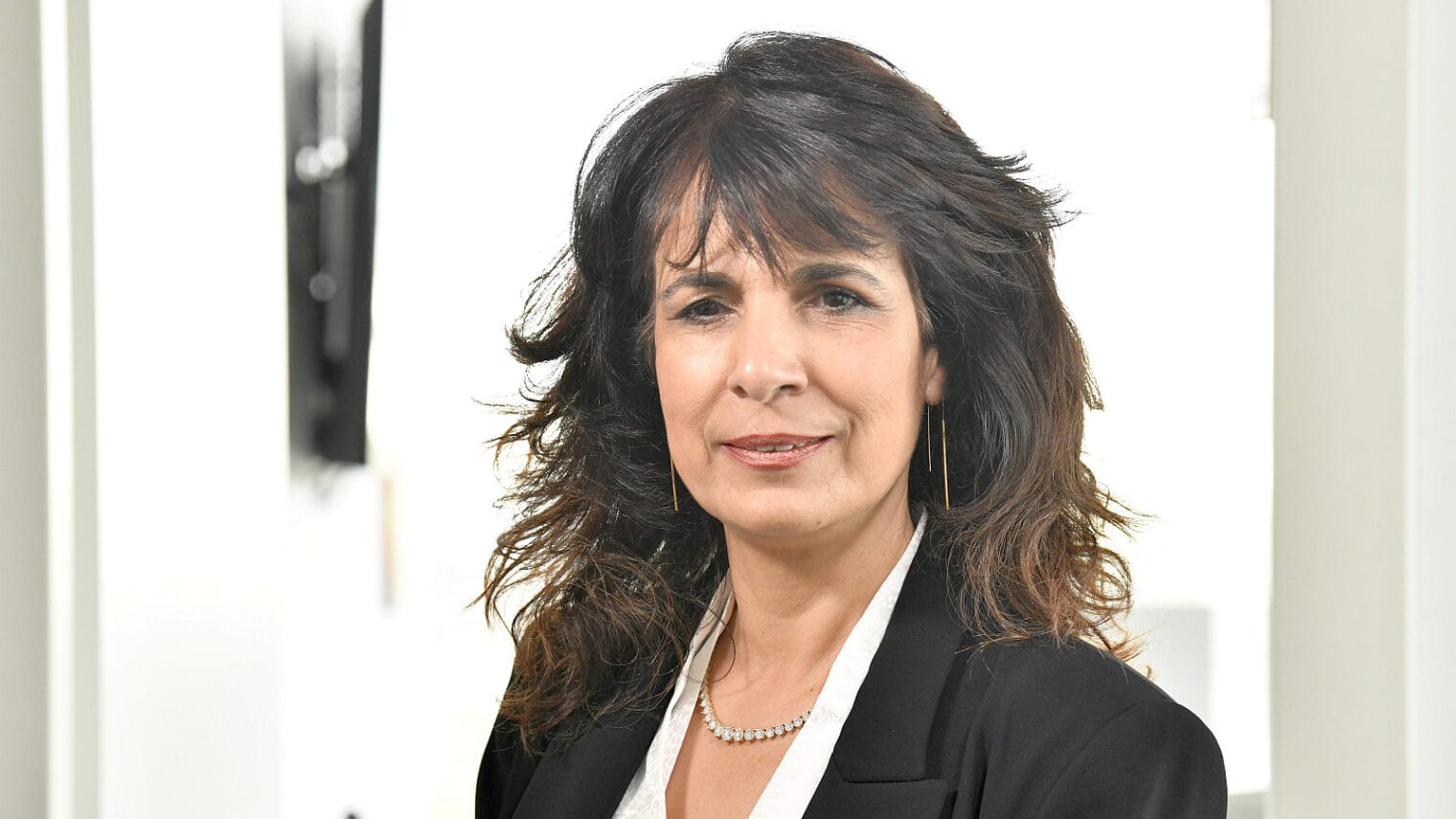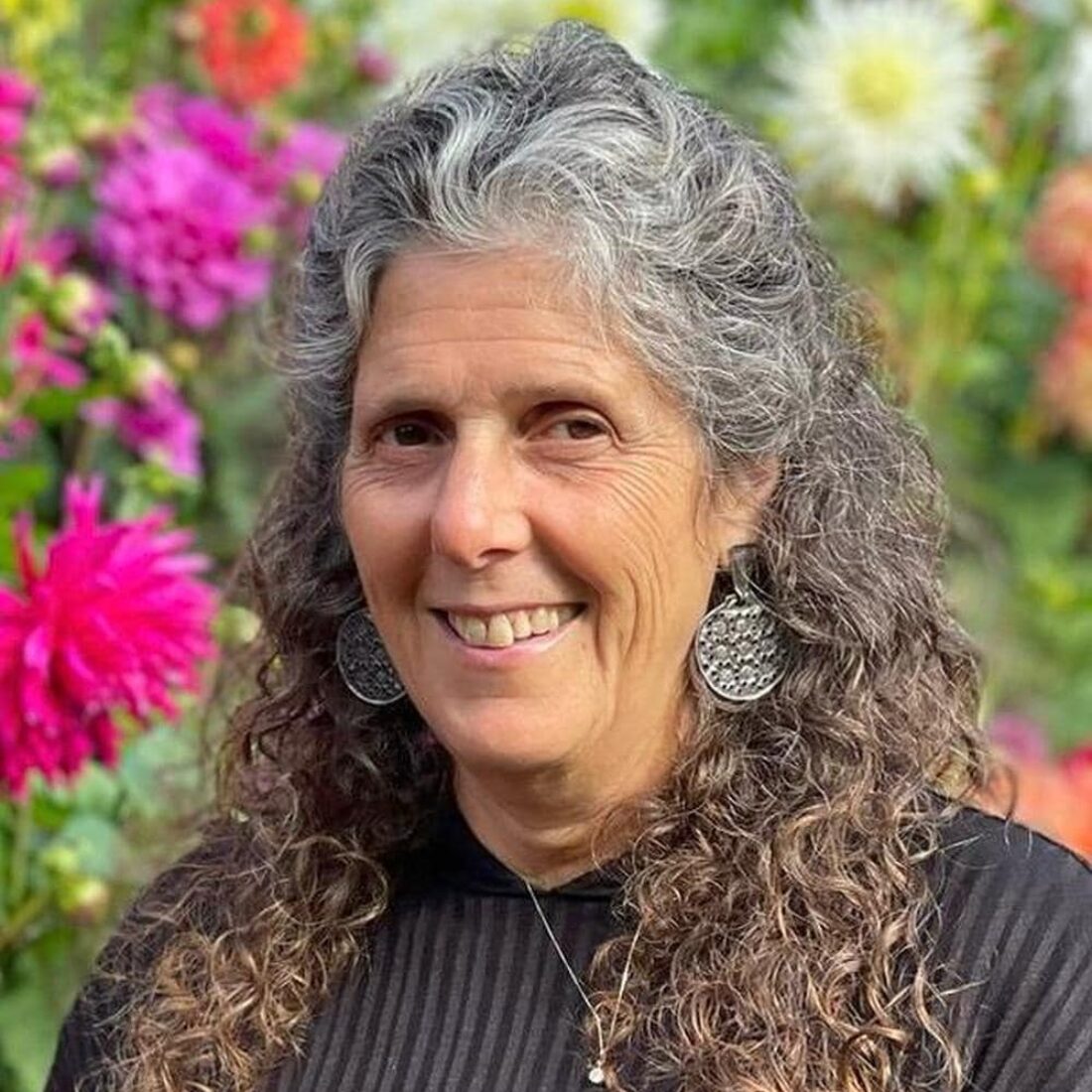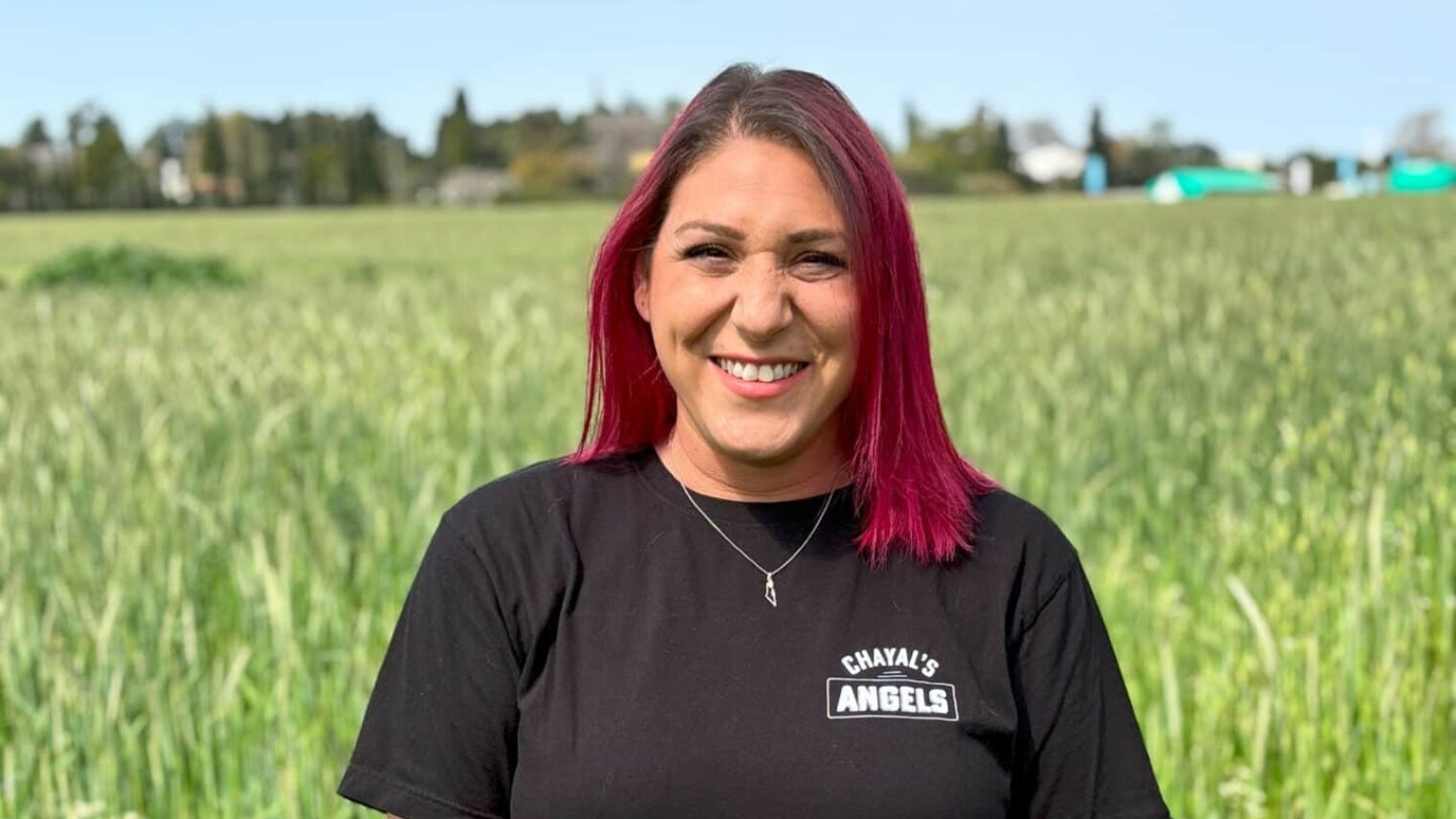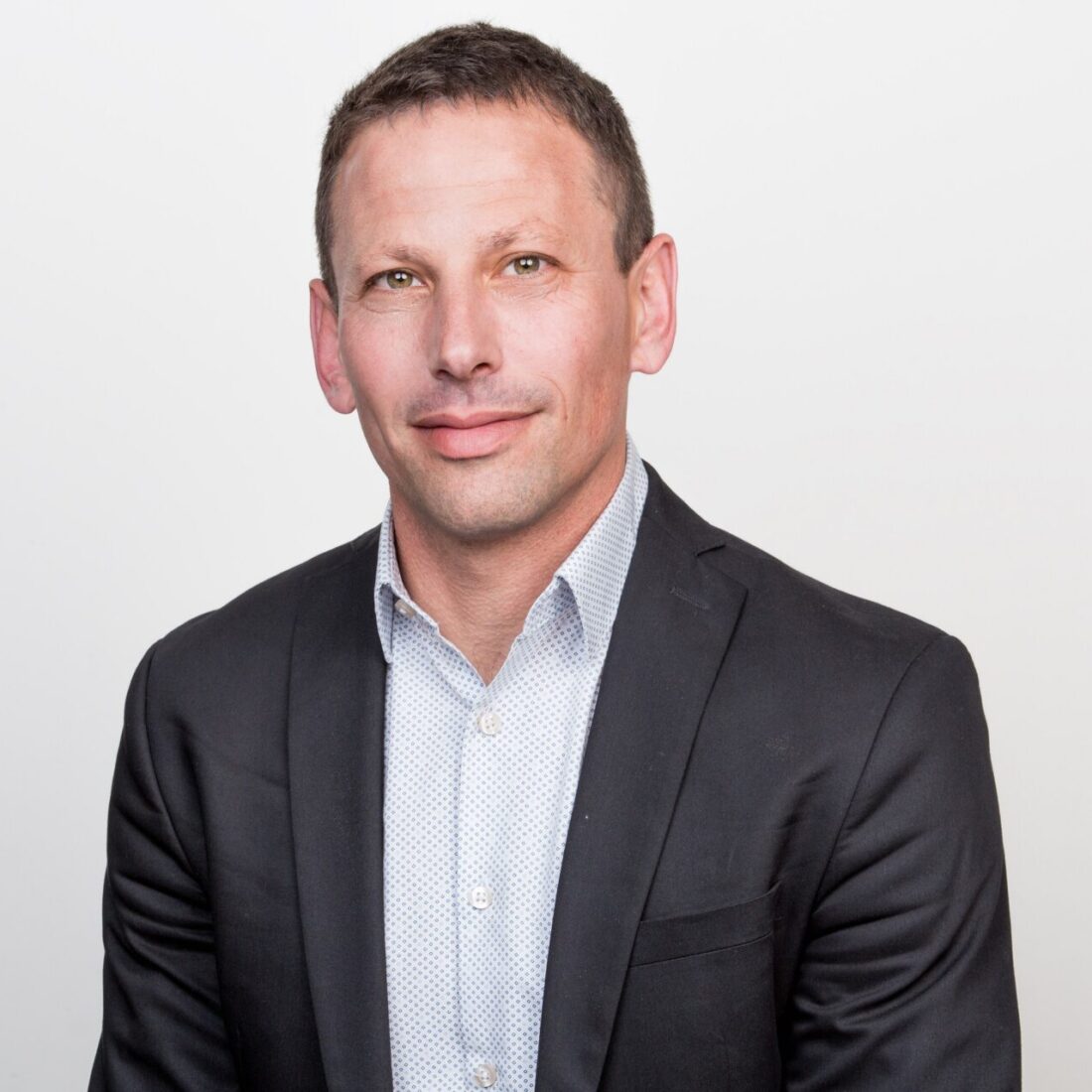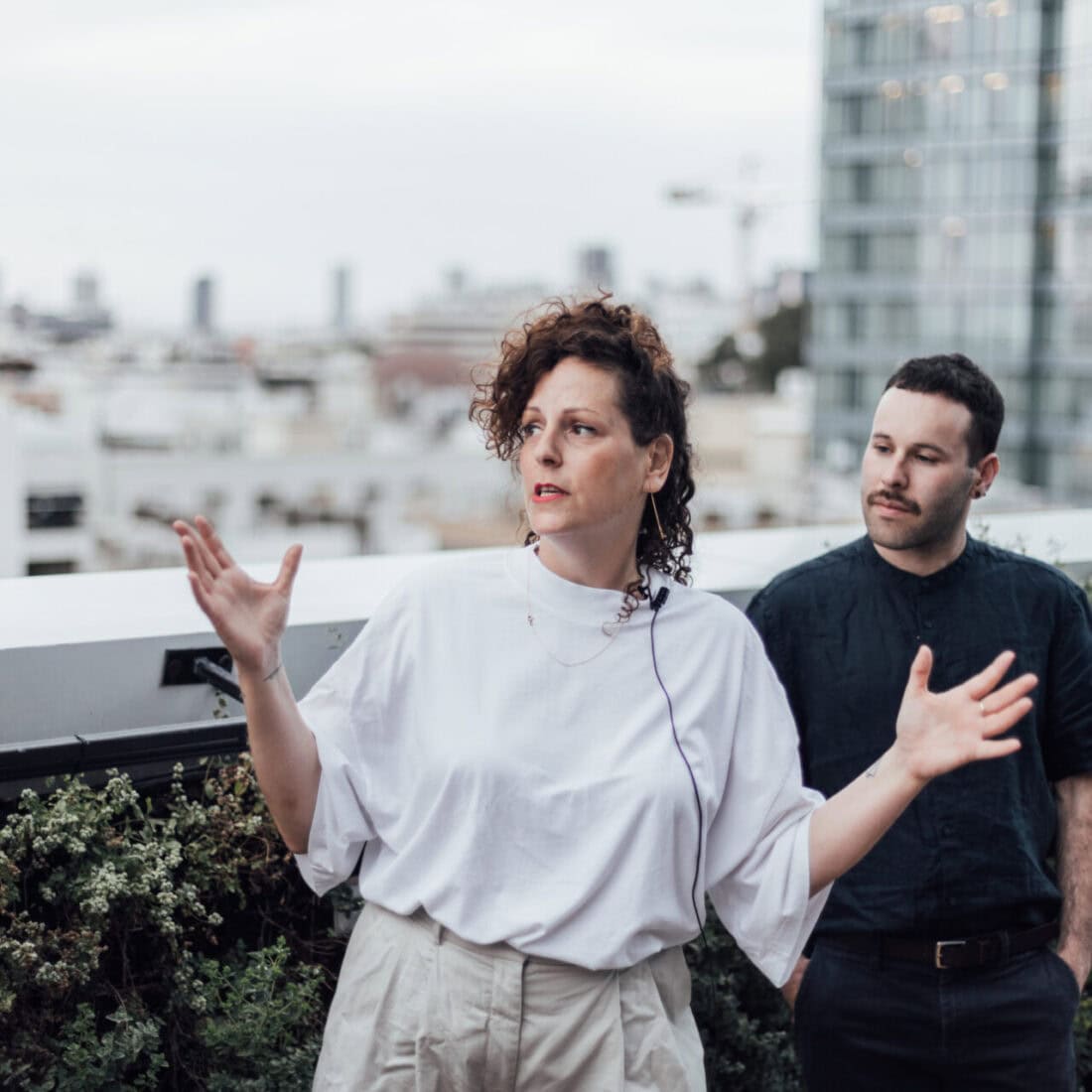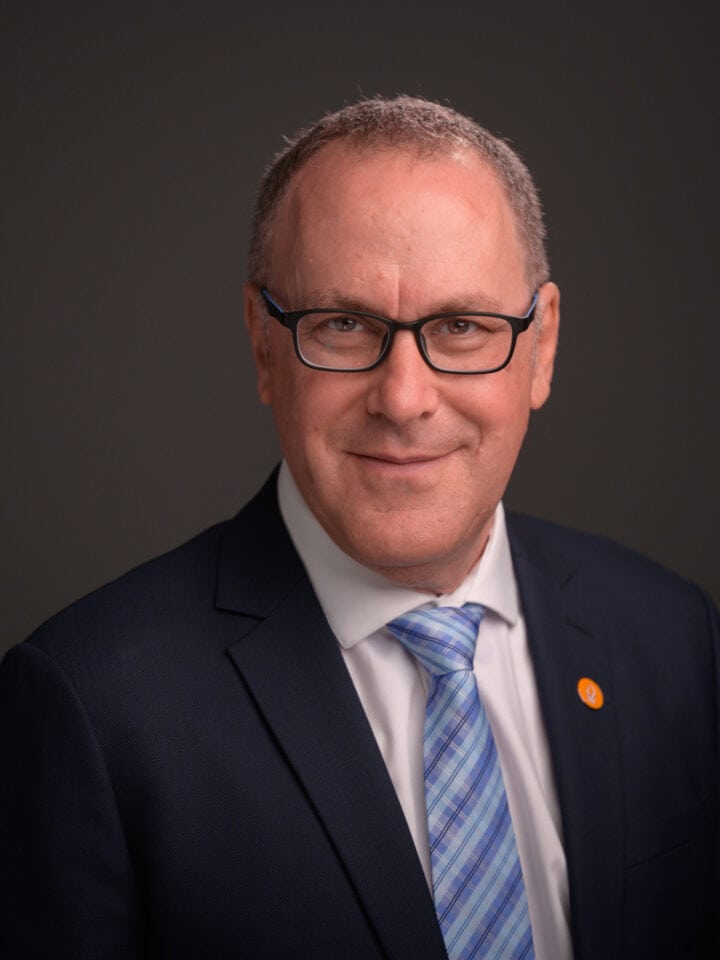He heads the organization that must decide how to invest $500 million a year of government money in the country’s most disruptive high-tech ventures.
He’s also responsible for making sure Israel nurtures its 6,000-plus startups and provides them with a climate in which they can flourish.
High-tech drives the Israeli economy. It accounts for almost 20 percent of the country’s GDP, compared to 10% in the USA and 6% in Europe.
So it’s critical that Dror Bin, CEO of the Israel Innovation Authority (IAA), keeps the country ahead of the curve. He’s acutely aware that investors can shop around the world, and that Israel’s multibillion dollar past successes – Mobileye, Check Point, Waze, for example – are no guarantee for the future.
Bin took on the role in 2021, in the middle of the Covid pandemic. He then had Israel’s judicial reforms to cope with, a meltdown of the global economy, the October 7th massacre and now the ongoing war in Gaza.
He’s never known “normal” times in his current position, but he’s convinced Israel can ride any storm. He cites Winston Churchill, who famously said: “Every crisis is an opportunity.”
He passionately believes there should be a constant flow of ideas – and people – between the government and the private sector, and sees his tenure at the IIA as a sort of national service.
Bin, 57, has bachelor’s degrees in systems information engineering and in industrial management, a master’s degree in business administration, and almost 30 years of experience in Israel’s high-tech world in a wide range of roles.
He was president and CEO of Tel Aviv-based RAD Data Communications before joining the IAA.
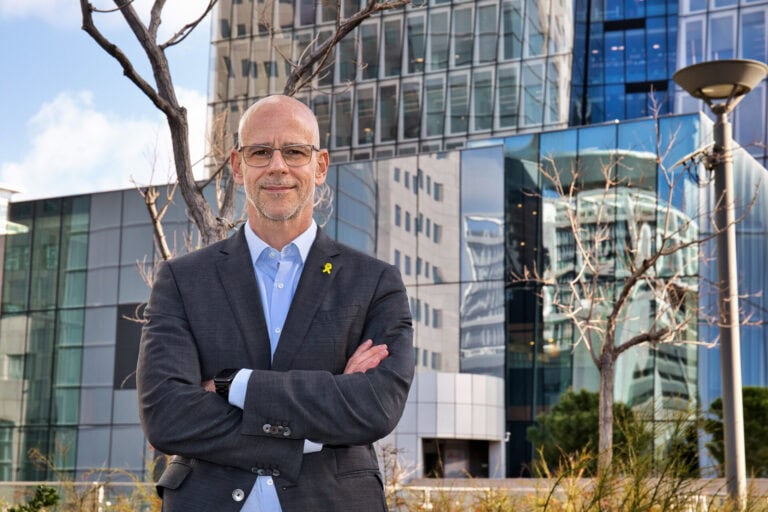
“I always say that I saw the high-tech sector from all angles, as an executive, as an investor and a consultant. And then I came to the government,” he tells ISRAEL21c.
“The most interesting thing I’ve learned in this role is how a government looks at things. When does the government decide to intervene? How does it intervene when it sees a market failure? Should it only deal with market failures, or should the government lead when it sees there is potential?”
He’ll take what he’s learned to the private sector when his time is up, and whoever succeeds him will do likewise.
“More than 800 global venture funds signed a letter just after the war broke out supporting Israel. This isn’t philanthropy. This is sound business sense.”
Until then, Bin will spend his 12-hour working days juggling three priorities. The first is investing government money in what he describes as the “riskiest” startups.
They’re the companies that are pushing the boundaries in quantum computing, biotechnology, robotics and other research areas under development. They could open up whole new worlds, but they could yet fail.
Traditional venture capitalists prefer shorter odds. So it falls to the IIA to finance these startups, providing grants that will move them to the next stage of development.
The IIA requires no equity in return, doesn’t sit on the board, and doesn’t steer the company, like an investor. But it does insist on a show of faith by way of a private funder prepared to put up least 15% of the total grant.
The IIA assesses a wide range of applications, from early-stage startups to established companies, and approves around 40%, based on risk, disruptiveness and potential.
Bin’s second priority is building the infrastructure for emerging technologies.
“We want to make sure that an entrepreneur planning a startup in three, four or five years from now will have access to everything they need, such as R&D labs, talent and human capital, applied research funding, applied research in academia,” he says.
The third priority is removing obstacles from entrepreneurs’ path, such as taxation or, as in the case of food-tech startups Remilk and Aleph Farms, government regulations.
Their products – lab-grown milk proteins and cultured beefsteaks, respectively – were ready to market but they needed IIA help to persuade Israel’s Ministry of Health to approve them for sale. Both products are expected to be in supermarkets later this year.
The IIA, founded in 2016, started life as the Office of the Chief Scientist back in 1965. It was already recognizing that Israel, with few natural resources, should focus on its greatest asset: its people.
“We have hundreds of delegations coming here to learn the secret of the Startup Nation,” says Bin.
“The joke in the Ministry of Foreign Affairs is that every delegation that comes to Jerusalem goes to Yad Vashem [World Holocaust Remembrance Center] and to the IIA. This is what they want to see.
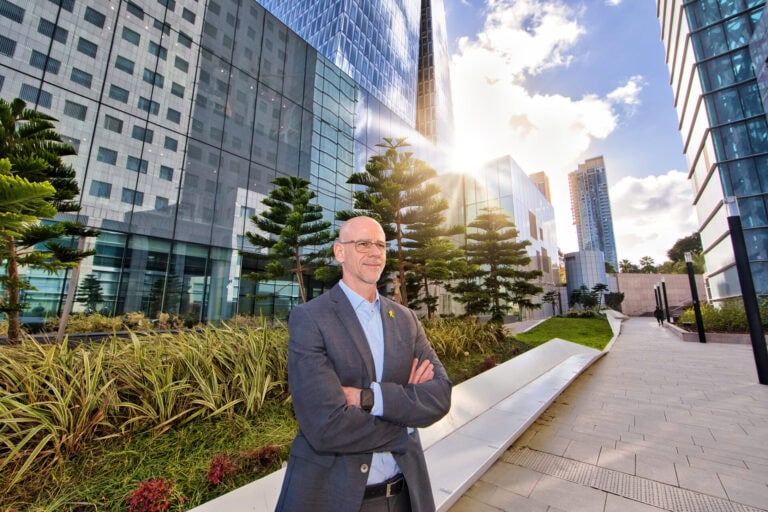
“Other countries copied our model, because they realized there is innovation that the private sector will never fund. Governments need to be the first to invest, to de-risk the technology or the venture, and only then the private sector will come along.”
Bin has steered the IIA through some tough times. Covid was surprisingly good for investment in Israeli tech, but there were sharp declines when interest rates globally started to rise in mid-2022 and then in 2023 when Israel was gripped by protests over proposed judicial reforms.
The war in Gaza, however, hasn’t deterred investors. The latest figure, for the final three months of 2023, was $1.44 billion, down about 15% from $1.71 billion the previous quarter, but not the catastrophic fall some may have predicted.
“By and large the global tech community stands with Israel,” says Bin.
“More than 800 global venture funds signed a letter just after the war broke out supporting Israel and stating that they will continue to invest in Israel. More than 200 of the largest multinationals in the world did the same.”
This isn’t philanthropy, he says. This is sound business sense. Israel has had more than its fair share of crises, but emerges stronger from each one.
Less than a month after October 7th, the IIA swung into action with a $100 million fund to help early-stage startups. Many had less than six months of “runway” – money for salaries and other essentials – after potential investors froze, waiting to see what would happen.
Since then, Bin and his team have drawn up plans to address the two biggest challenges for Israel’s high-tech sector – a decline in the number and diversity of new startups, and an over-reliance on foreign investment (as much as 80% from abroad).
It has launched one fund, jointly with private investors, to provide $140 million annually to “breakthrough innovation” startups with limited access to capital. Another fund of $1.1 billion over five years encourages institutional entities in Israel to invest in venture capital funds. And a third fund will focus on deep-tech companies.
Bin is building systems that will support Israel’s high-tech future beyond his time at the helm of the IIA. And he’s making difficult decisions in real time.
“Every morning when I get up and every night when I go to sleep I hope I’m doing the right thing,” he says. “Only time will tell.”





